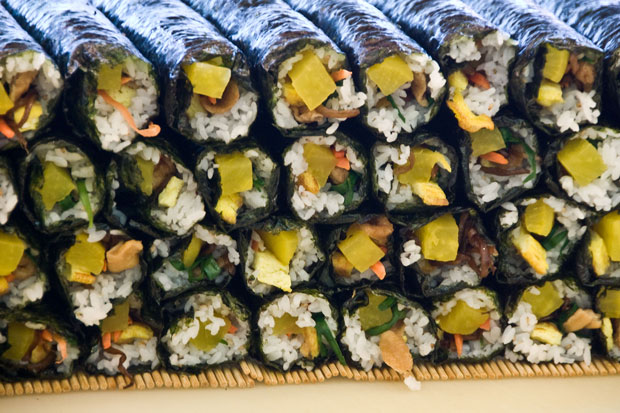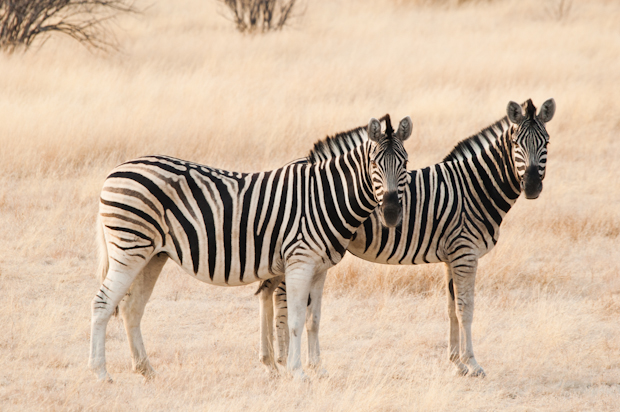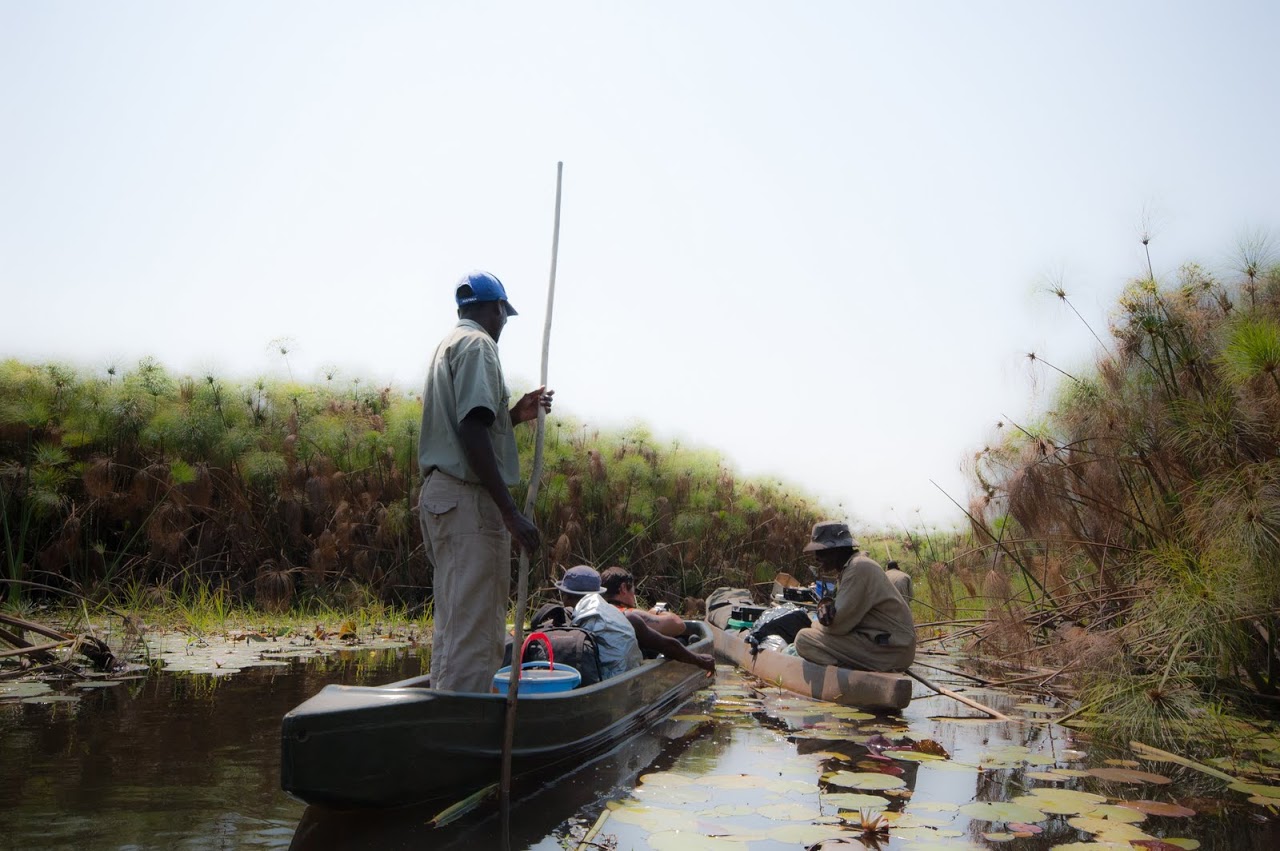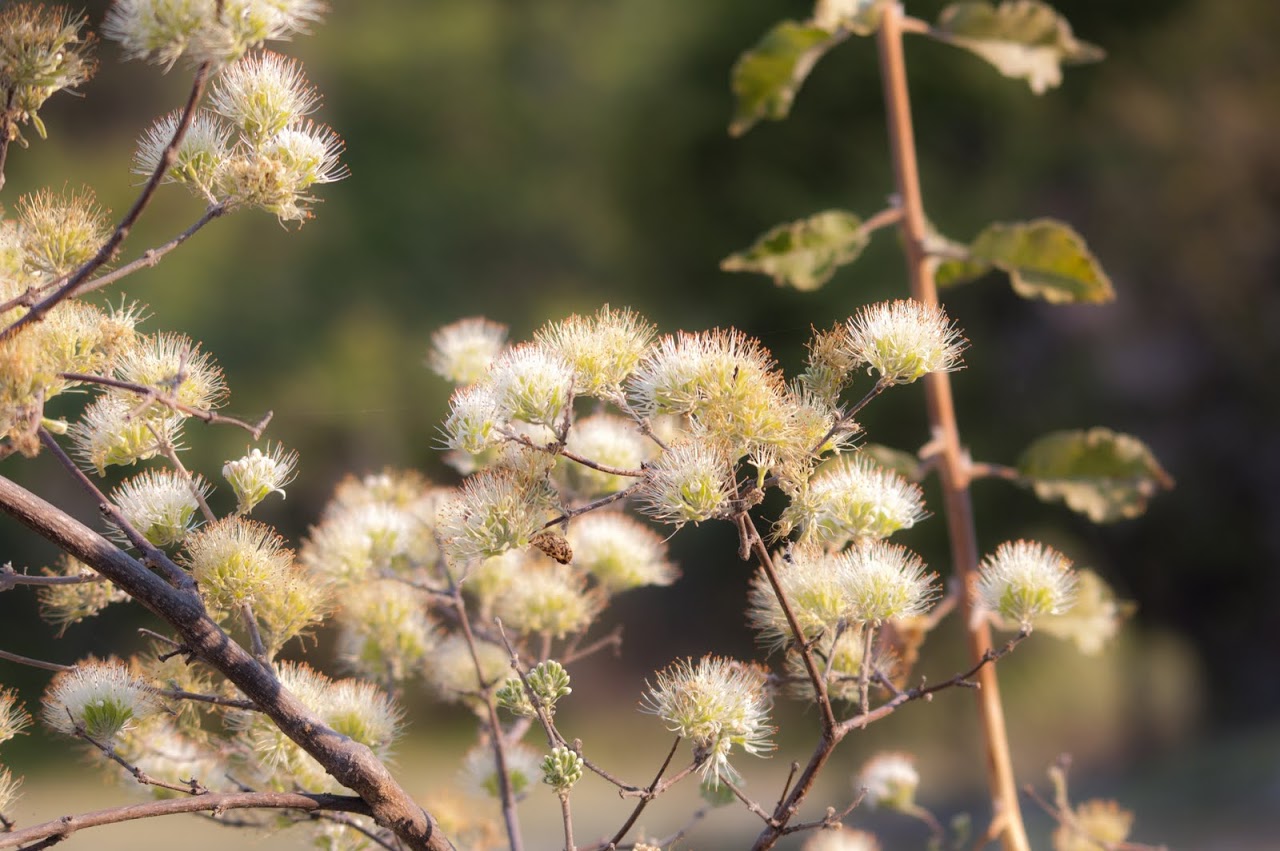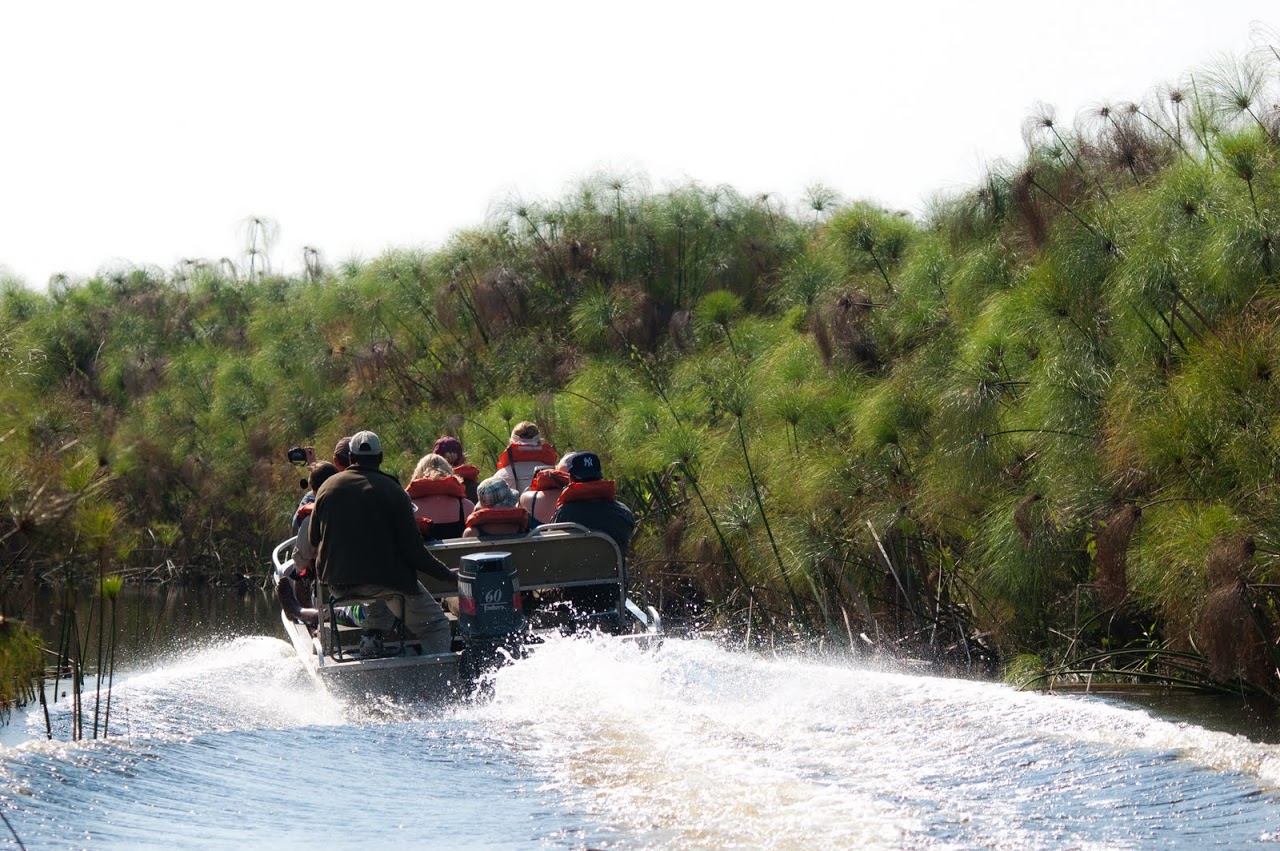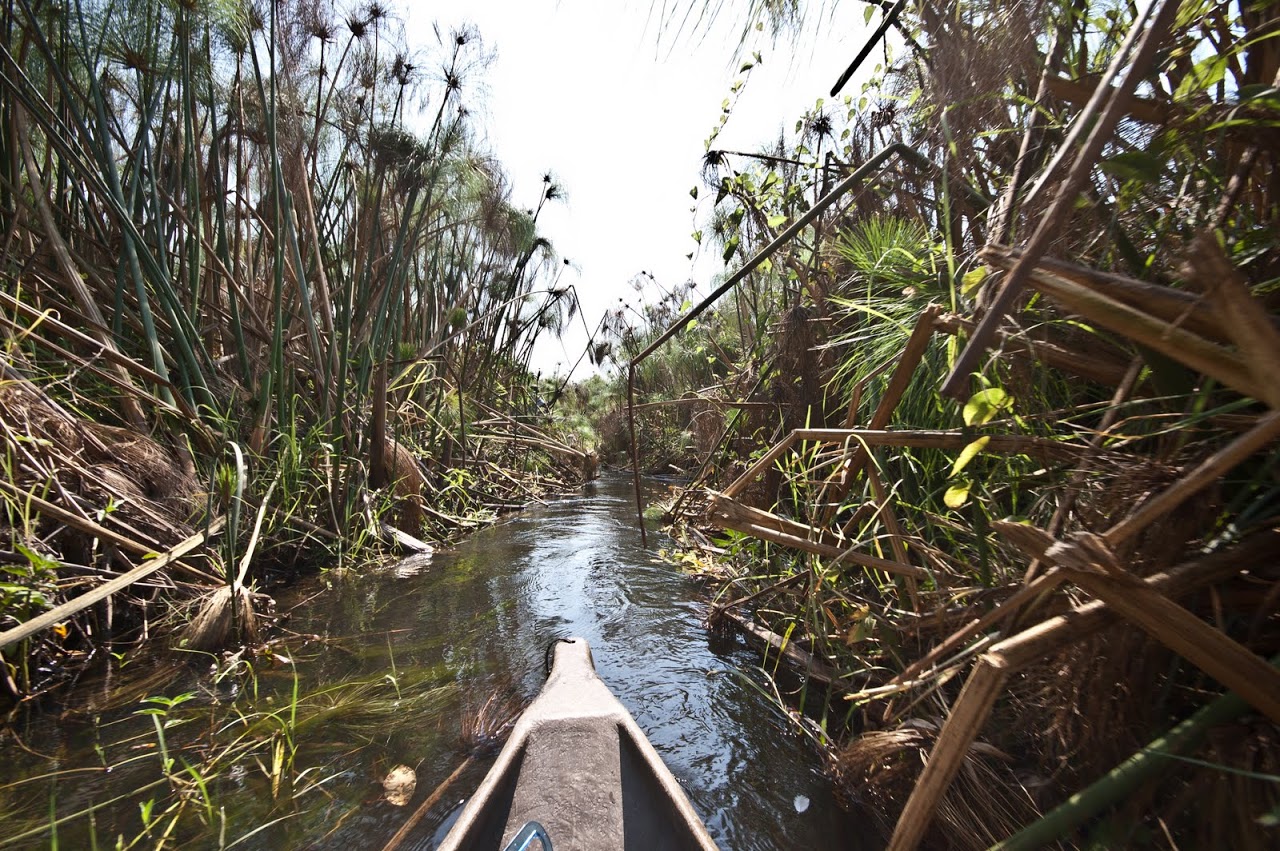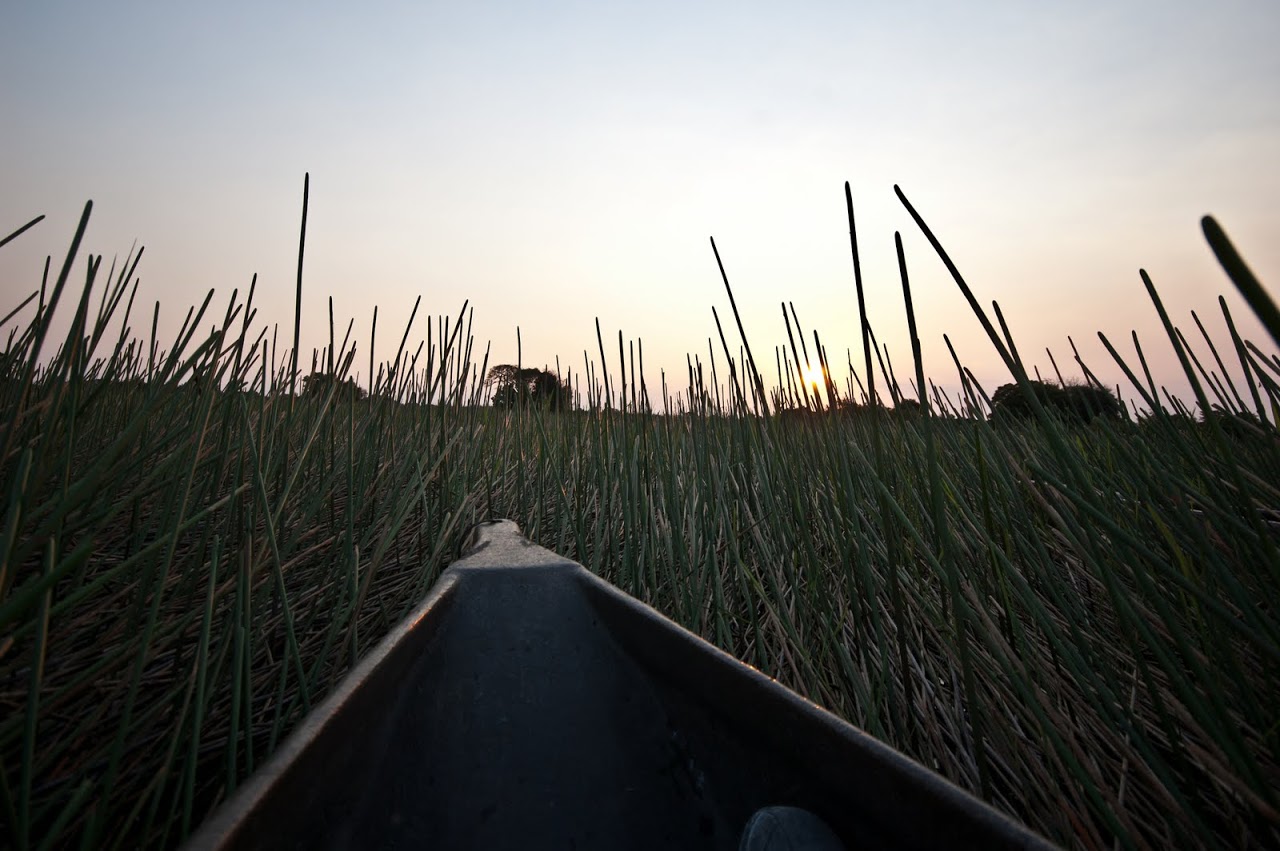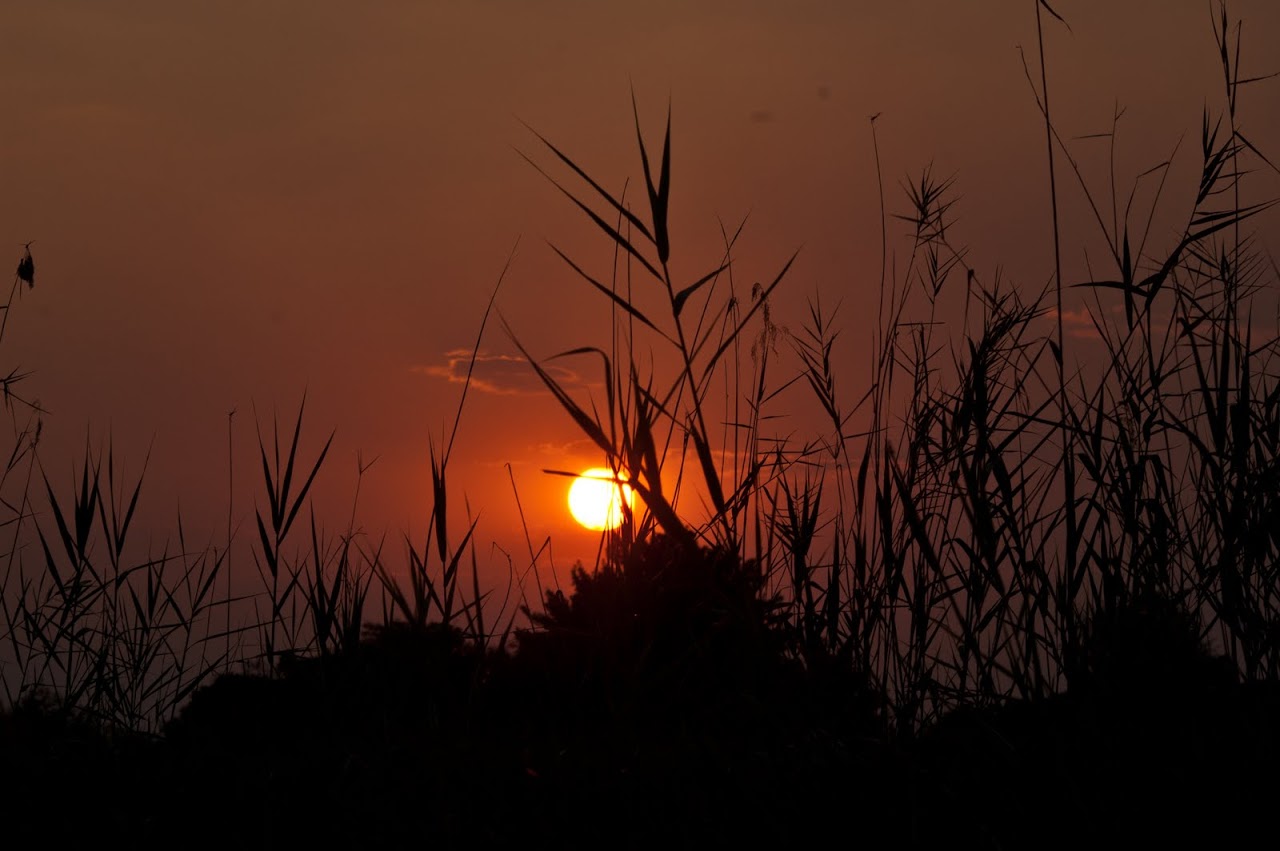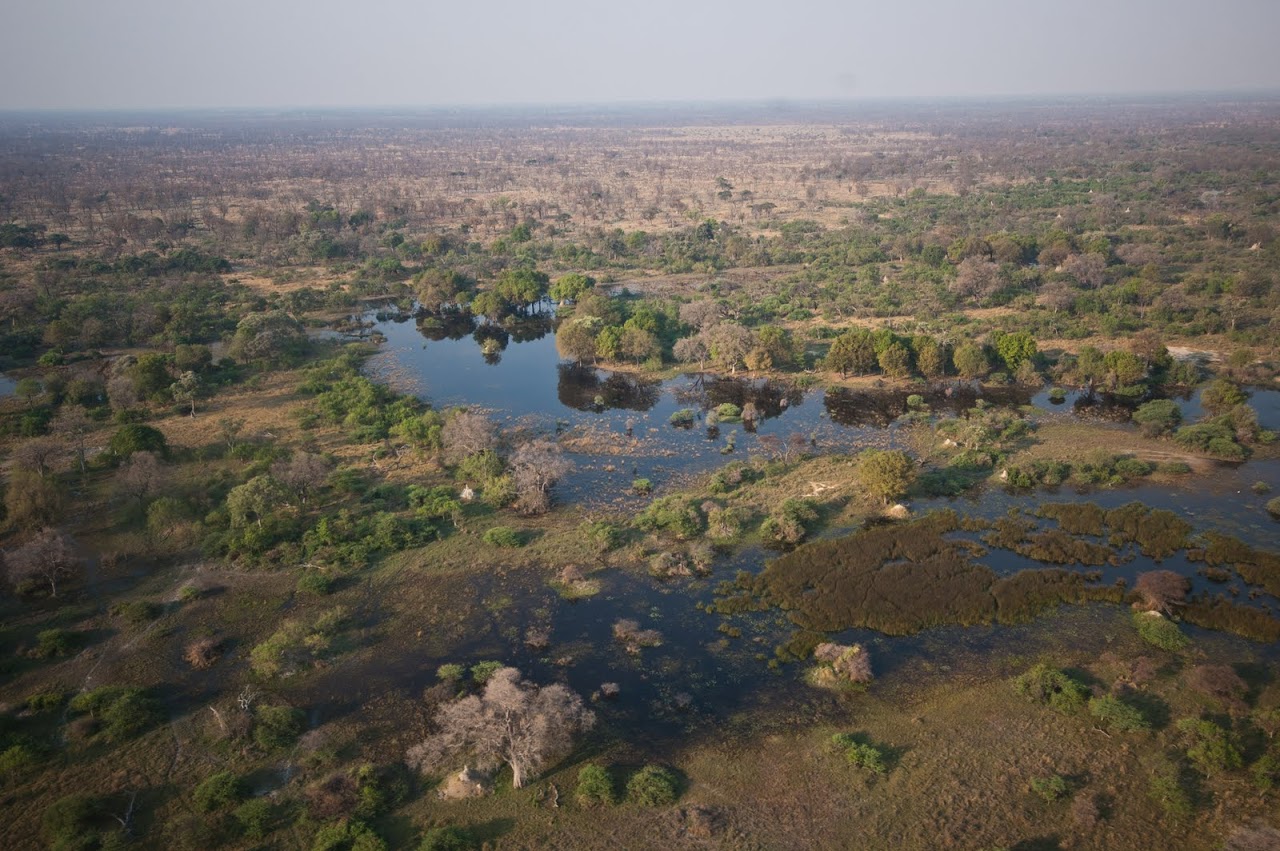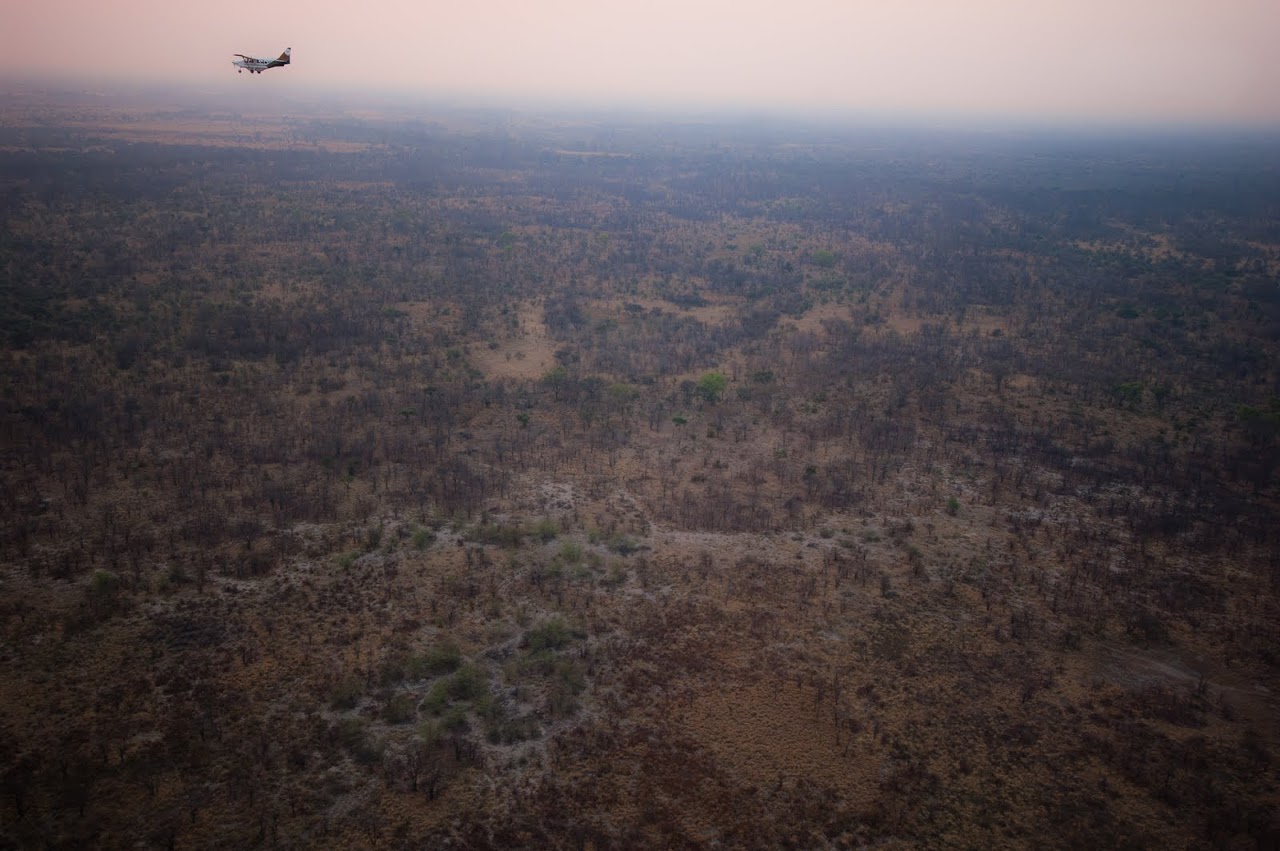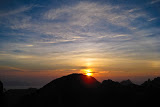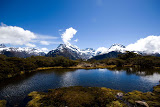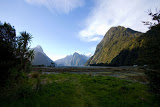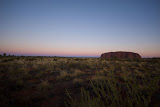Mokoros on Okavango Delta
I thought I would love Into the Wild, the book by Jon Krakauer, which was made into the feature film with Emile Hirsch. The book tells the story of Christopher McCandless, a 22-year-old college graduate of my alma mater Emory University, who drops out of the world and hitchhikes to Alaska in search of the meaning of life "in the wild." Of course, I thought it would be just my speed: it's about travel, searching for one's purpose in life, and all that sort of philosophical goodness that gets me giddy.
Flowers in the Okavango
Ummm . . . well, I didn't. After every ten pages, I turned to Patrick and said, "Never ever read this book. This kid has absolutely no sense." I'm a big fan of sense, you see. I like both the common kind of sense and the uncommon kind that the freaky kid in that great M. Night Shyamalan movie had (you know which one I'm talking about, of course, because it had Bruce Willis in it and, let's be honest, it's M. Night Shyamalan's only great movie).
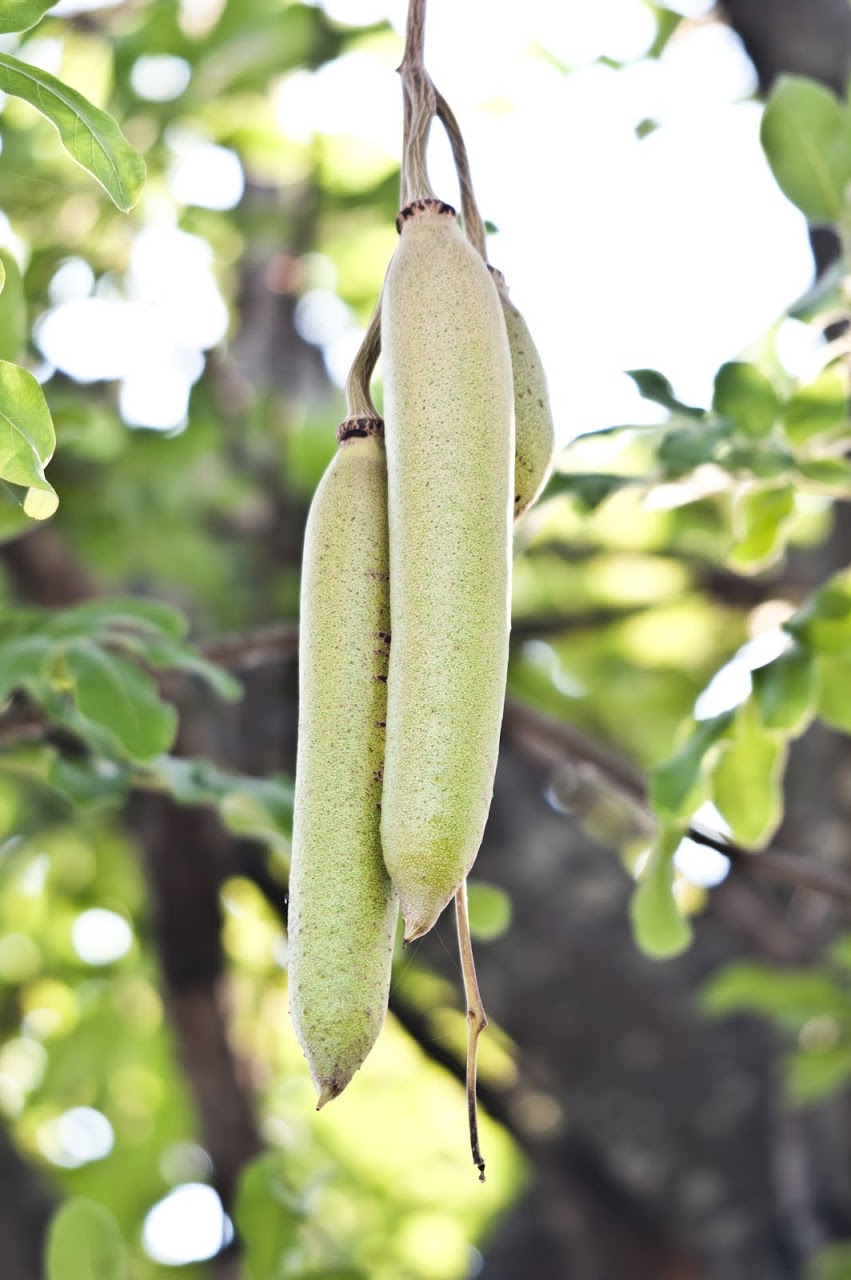
|
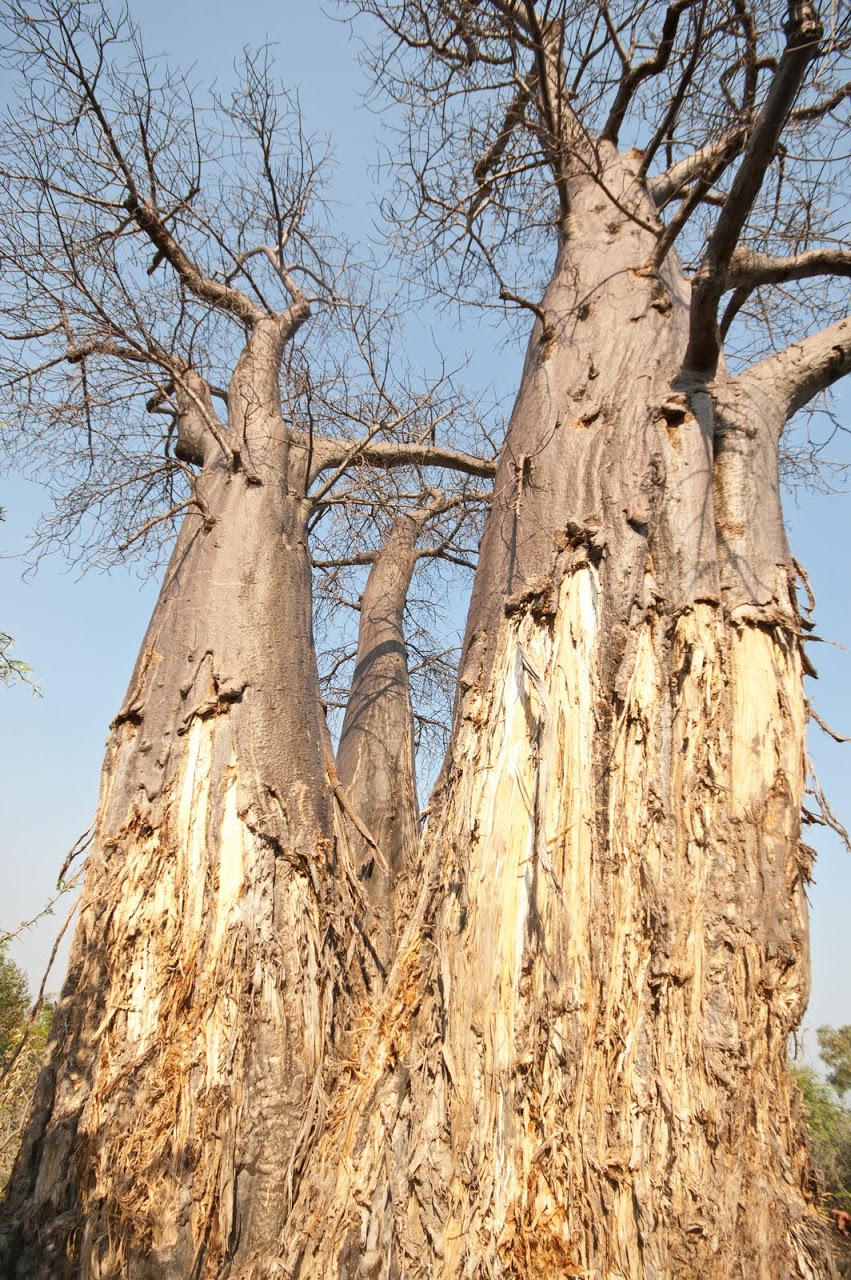
|
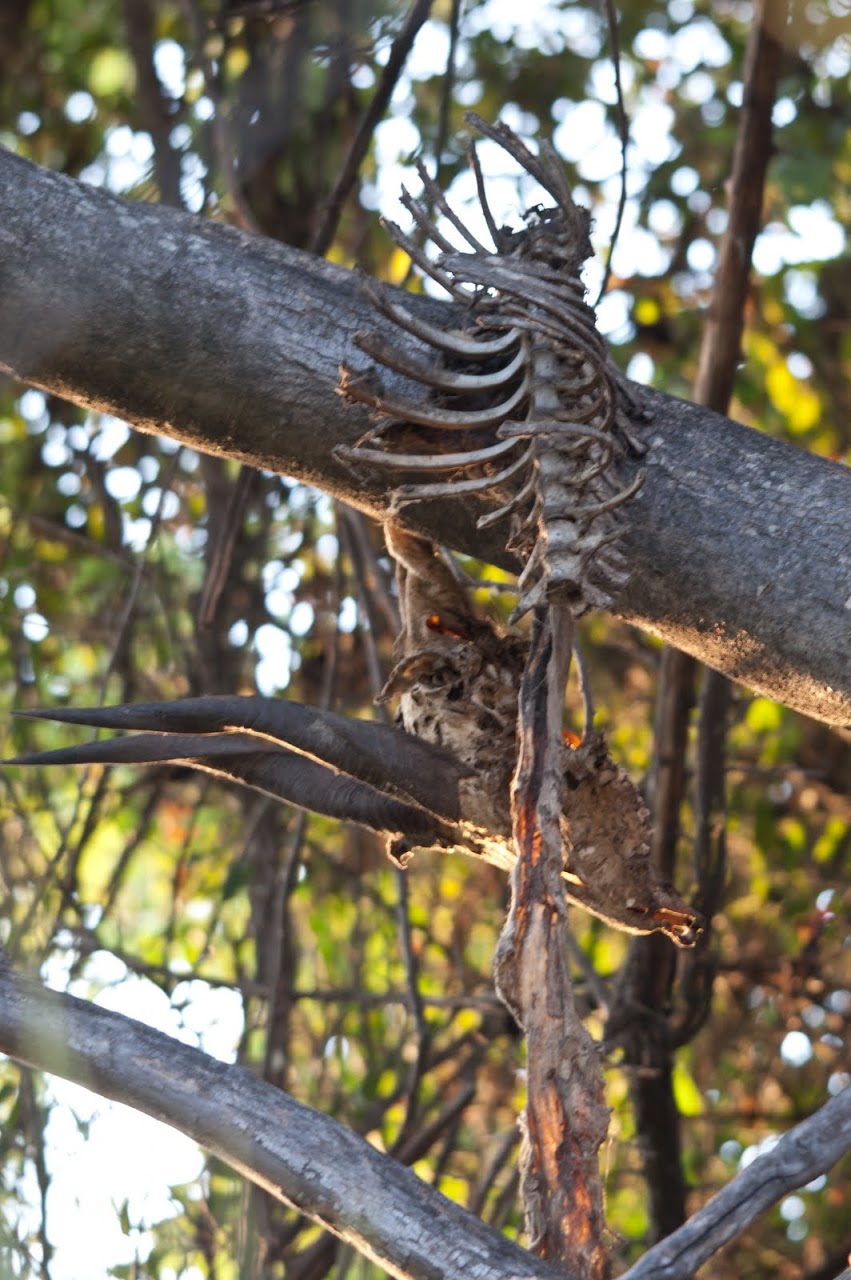
|
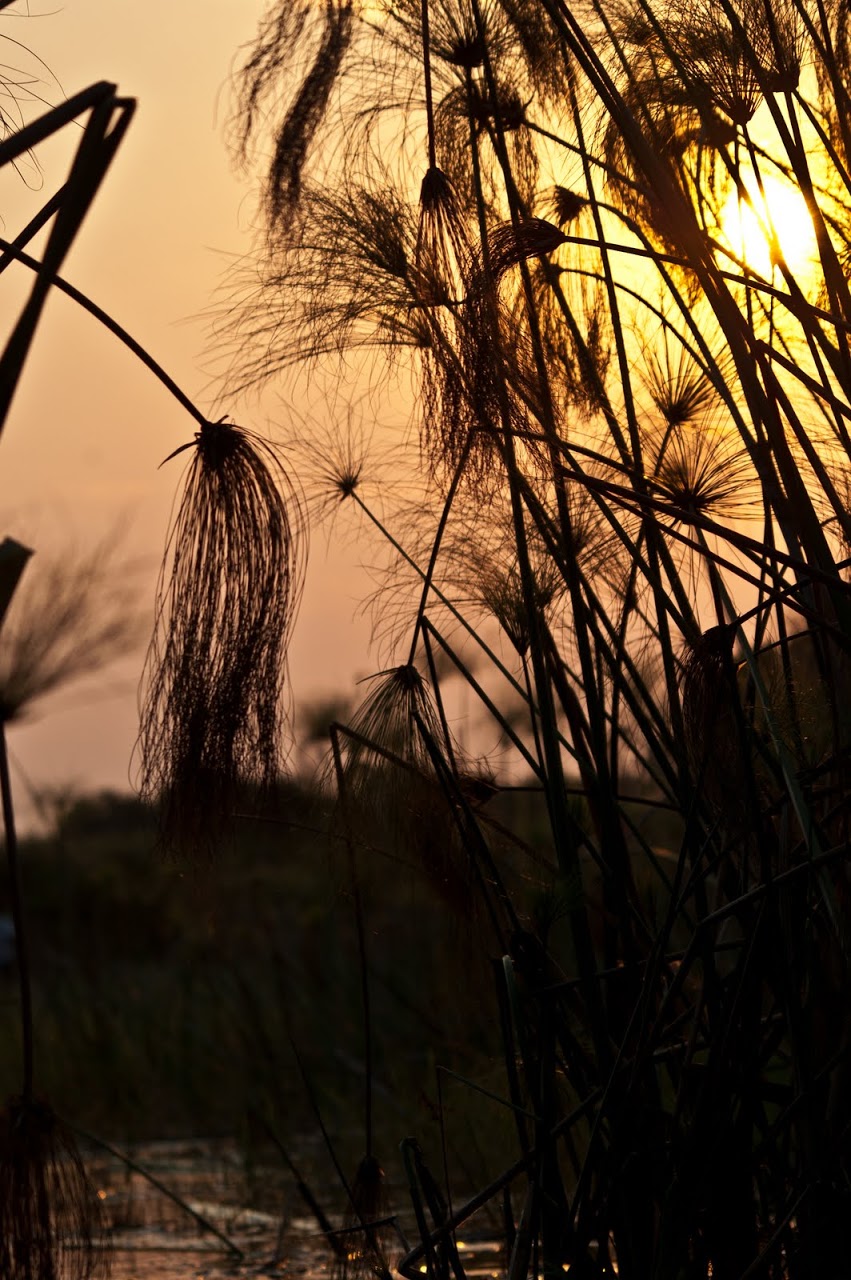
|
Pods from tree; tree scraped by elephants; antelope skeleton left by leopard; ferns at dusk
Christopher McCandless, on the other hand, had a less than normal amount of sense. Long story short, he ditches his materialistic but otherwise kind parents, walks into the Alaskan wildlife with nothing but the clothes on his back, a rifle, and 10 pounds of rice, and plans to survive by living off the land. Six months in, he dies of starvation (don't worry - I'm not revealing any spoilers because this is all written on the back cover of the book).
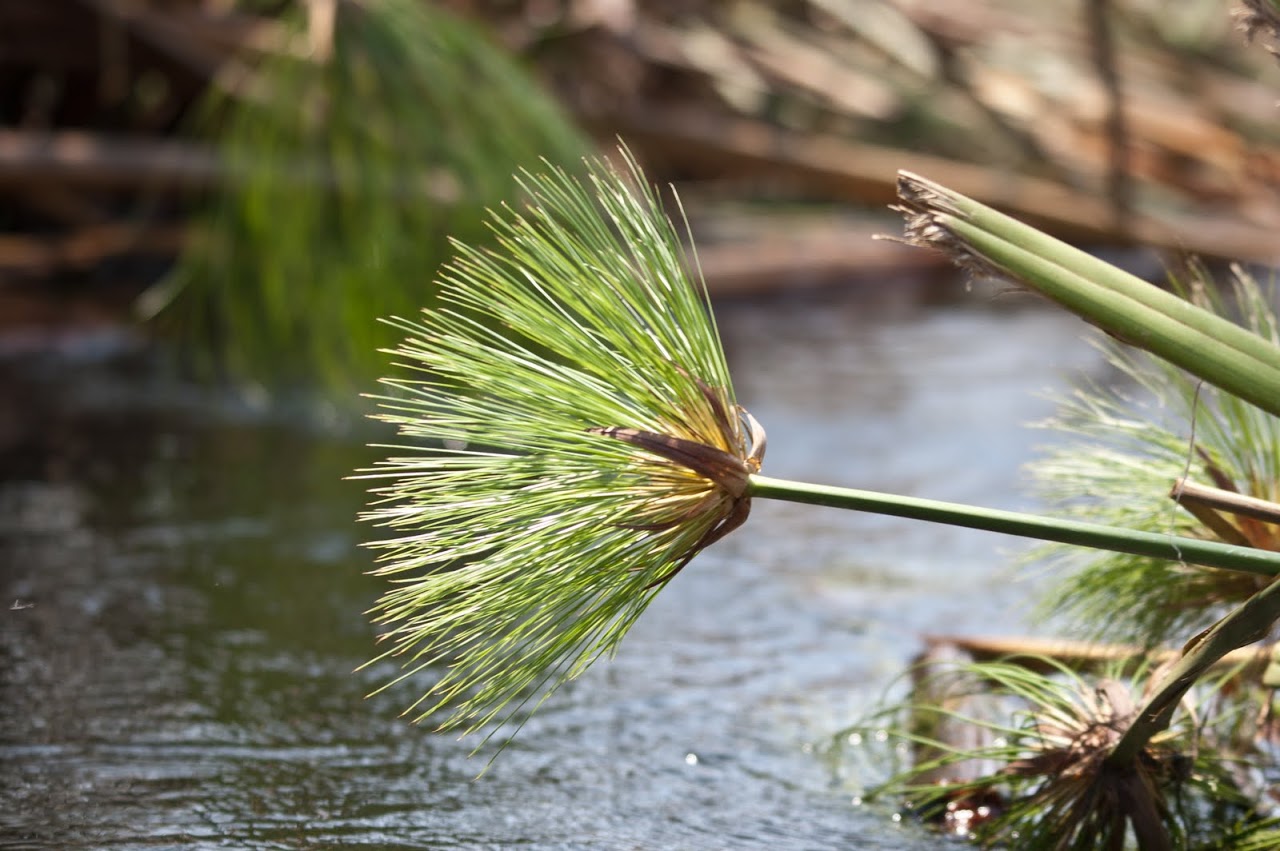
|
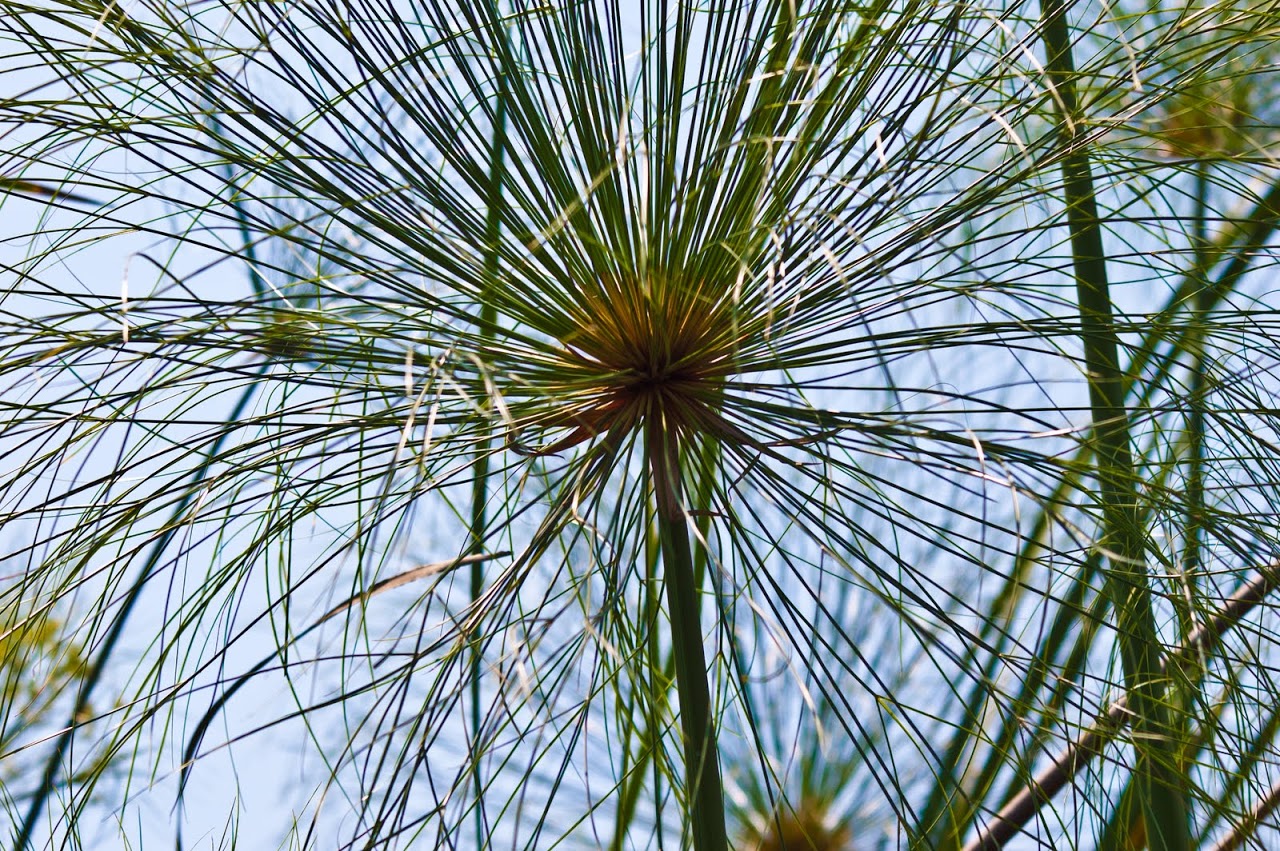
|
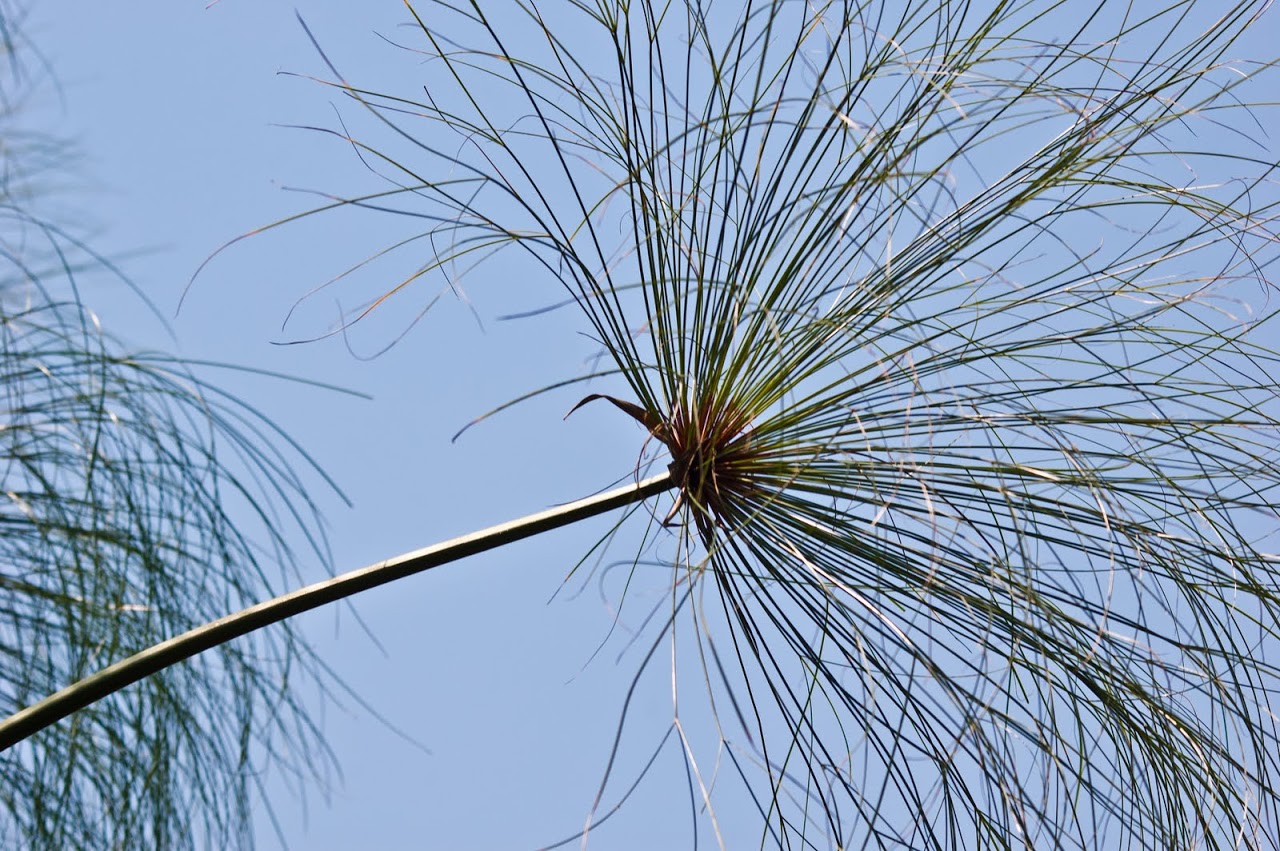
|
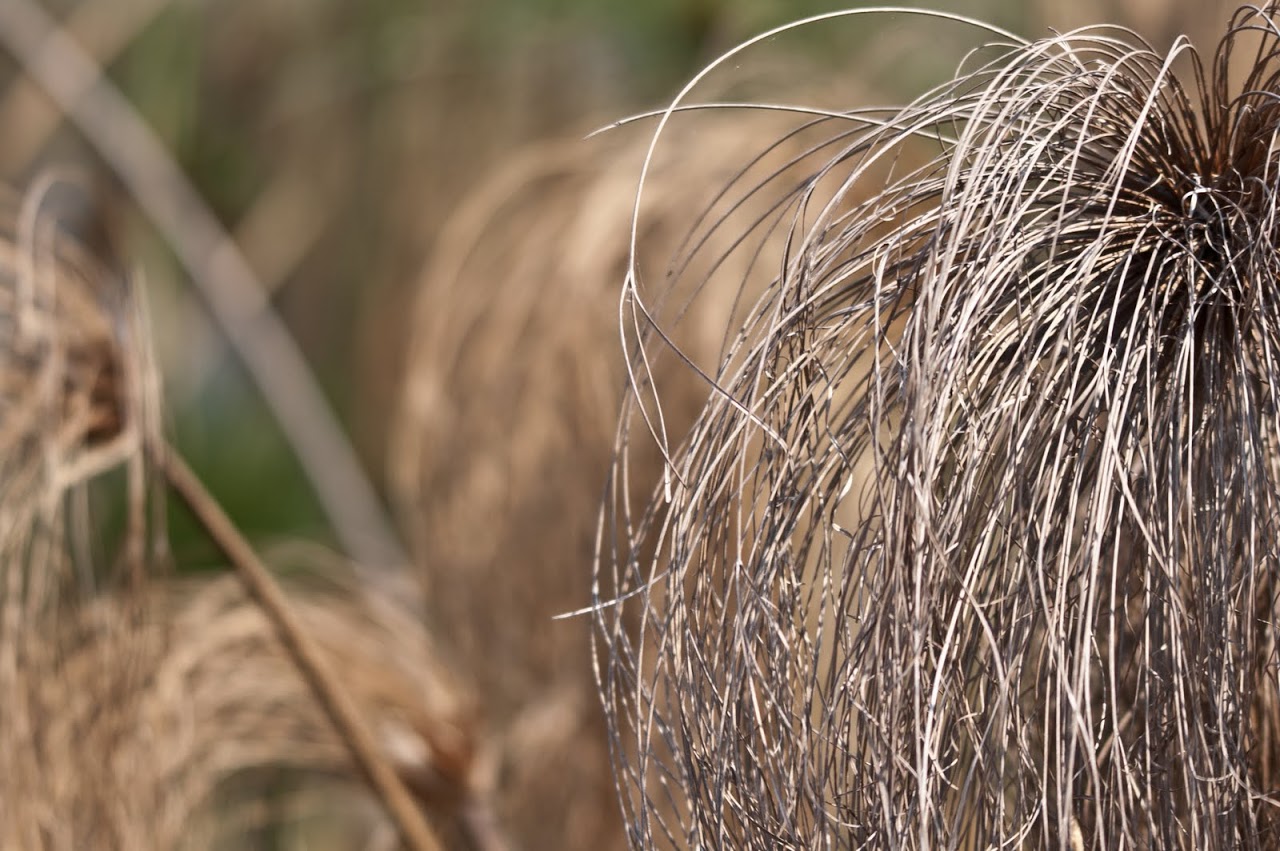
|
Ferns in the Okavango Delta
Throughout the book, Krakauer posits that McCandless wasn't just some "feckless" teenager but was rather trying to find "meaning and purpose" by exploring the "wild." He argues that McCandless' search for solitude and peace in the wilderness are the yearnings of an "idealistic young man" and part of the perennial struggle that all humans face in searching for the meaning of life.
Hogwash.
Sunrise from bed at Ngepi Camp in the Caprivi Strip
This is my problem with the book: Christopher McCandless and, by extension, Jon Krakauer minimizes the hardships and hard work of those who must go into the wild every day, who survive because they appreciate the awesomeness of the world's environment, and who show us how unfettered and unemotional nature can be.
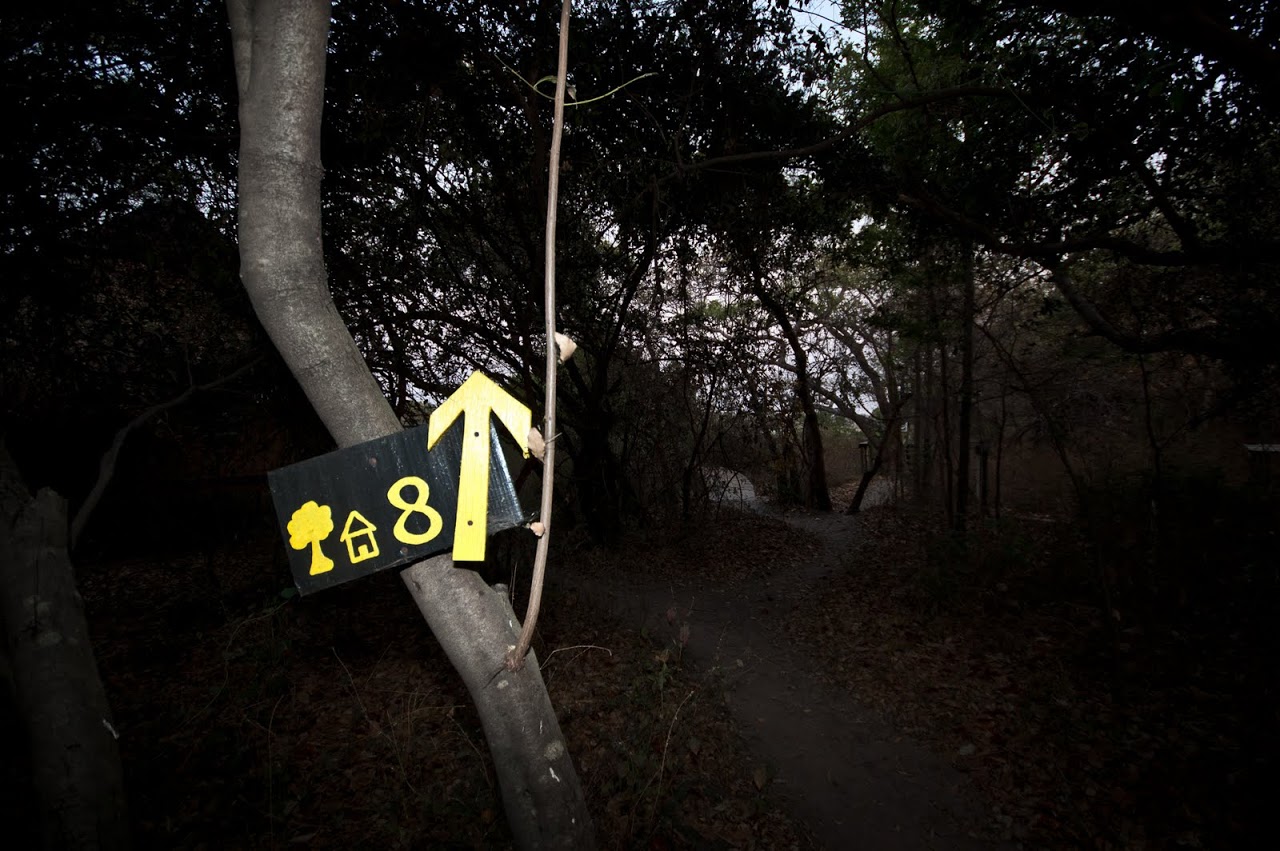
|
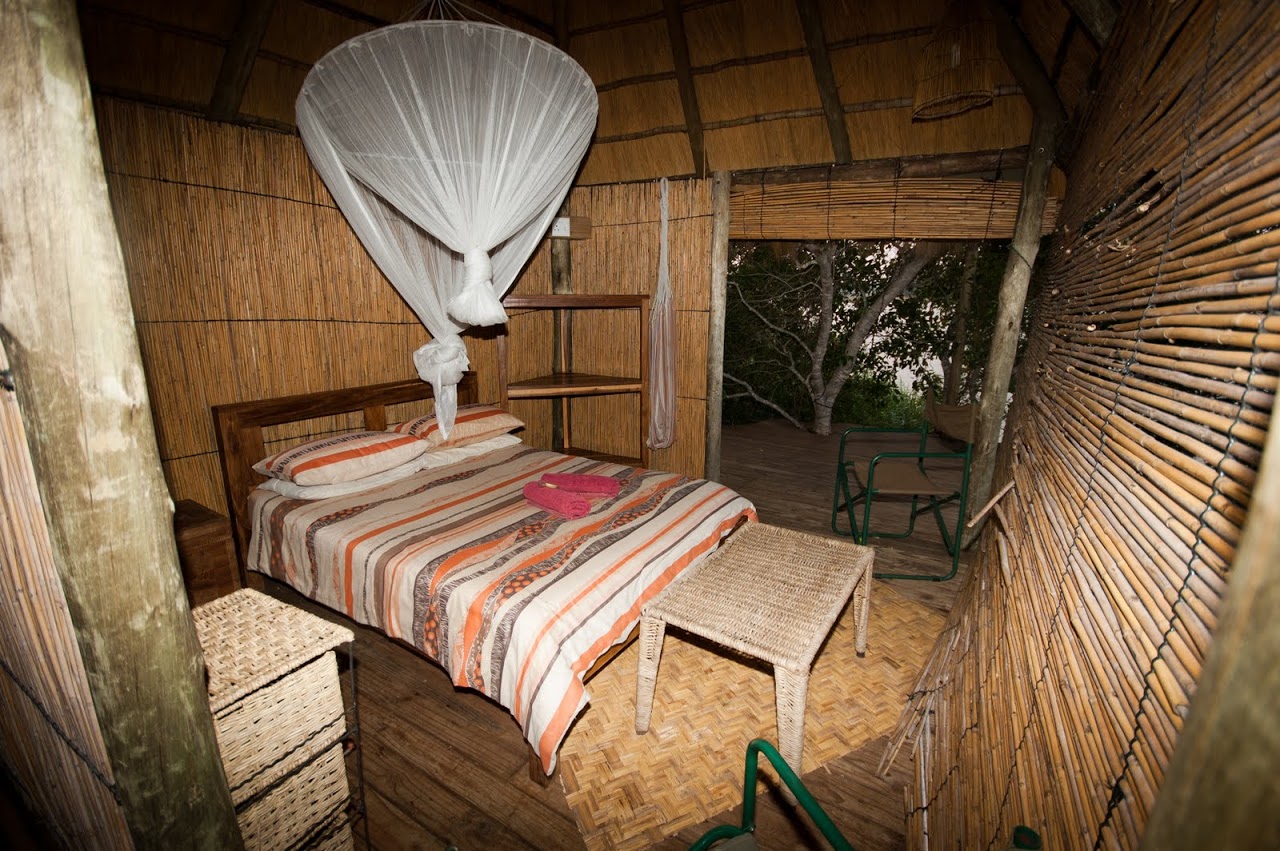
|
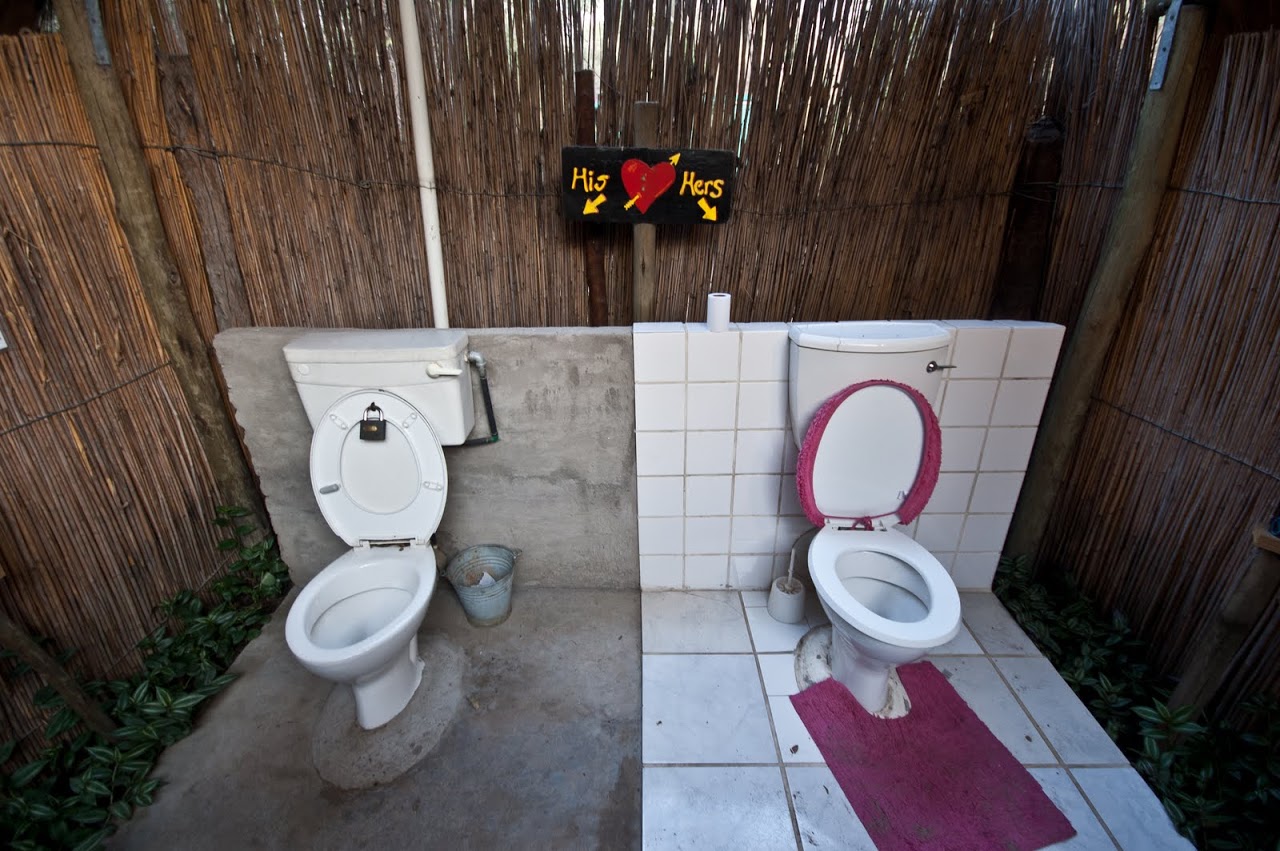
|
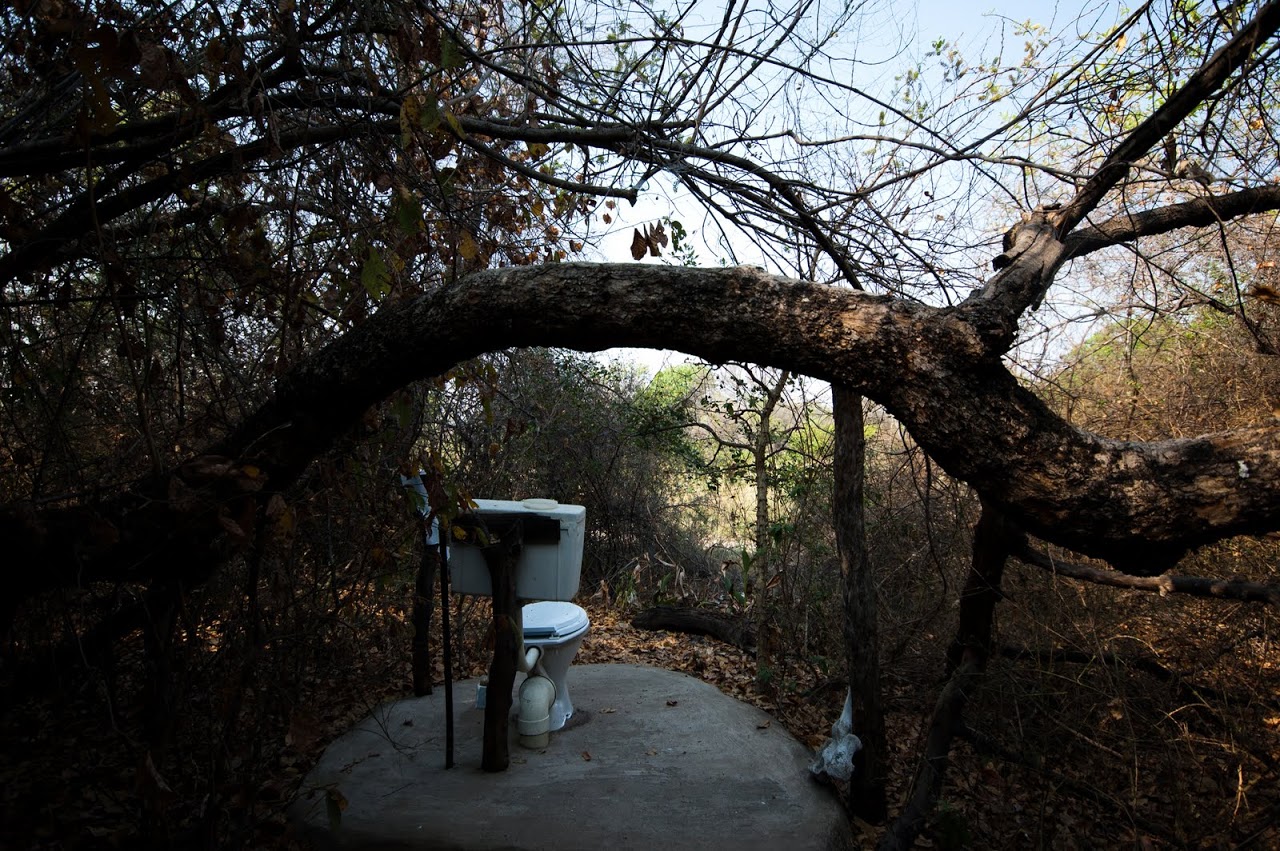
|
Treehouse; "his and hers toilet"; "toilet with a view" at Ngepi Camp
I'm not talking about me, mind you. I know my own limitations: I would never survive by myself in the many wild places that we have visited. Heck, after two weeks camping out in Namibia, I was thrilled to stay in a gorgeous bungalow with a comfortable king-sized bed, facing the Kavango River at the Ngepi Camp. (Aren't those toilets an absolute hoot? The toilet with a view was my favorite.) When we parked our truck at a village to take a smaller truck to the Delta, we thought we packed only the necessary items but our stack of possessions was still enormous.
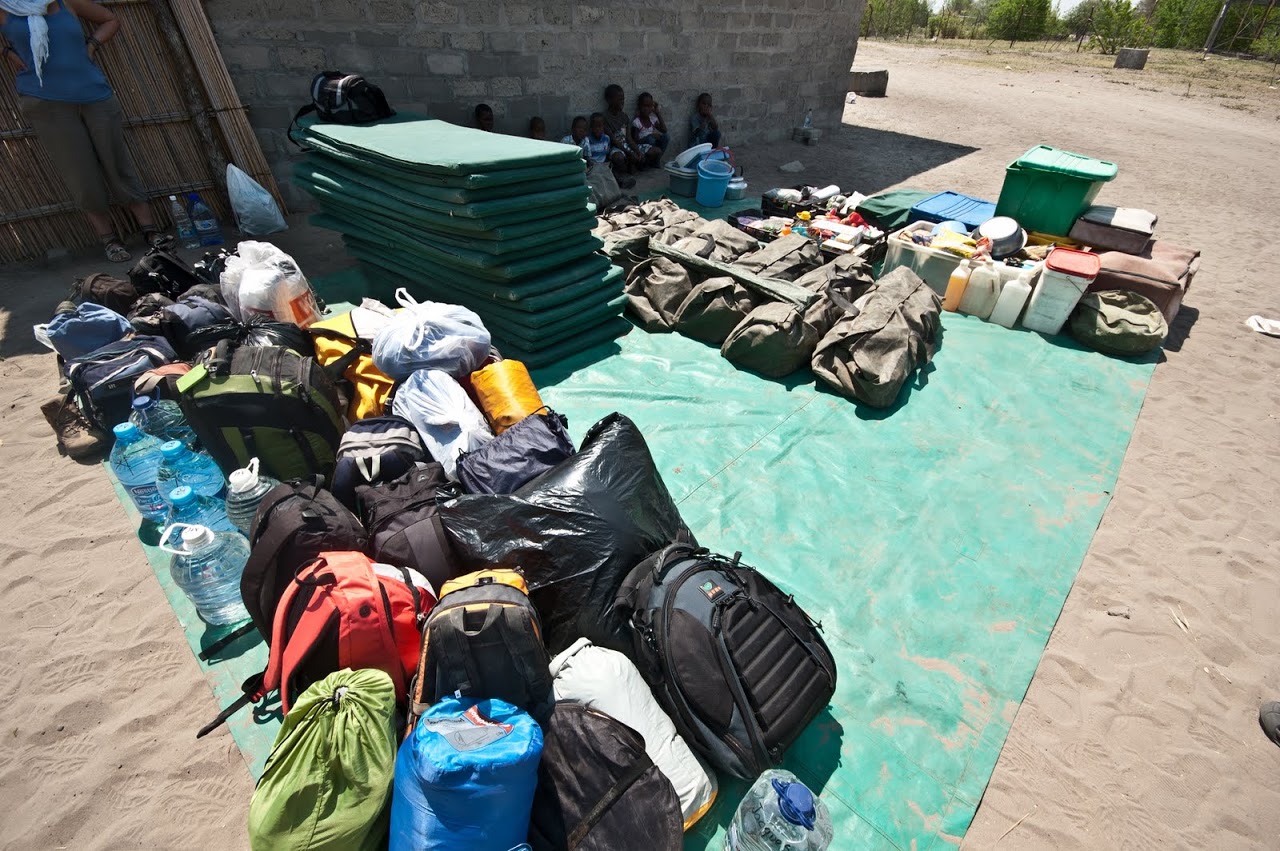
|
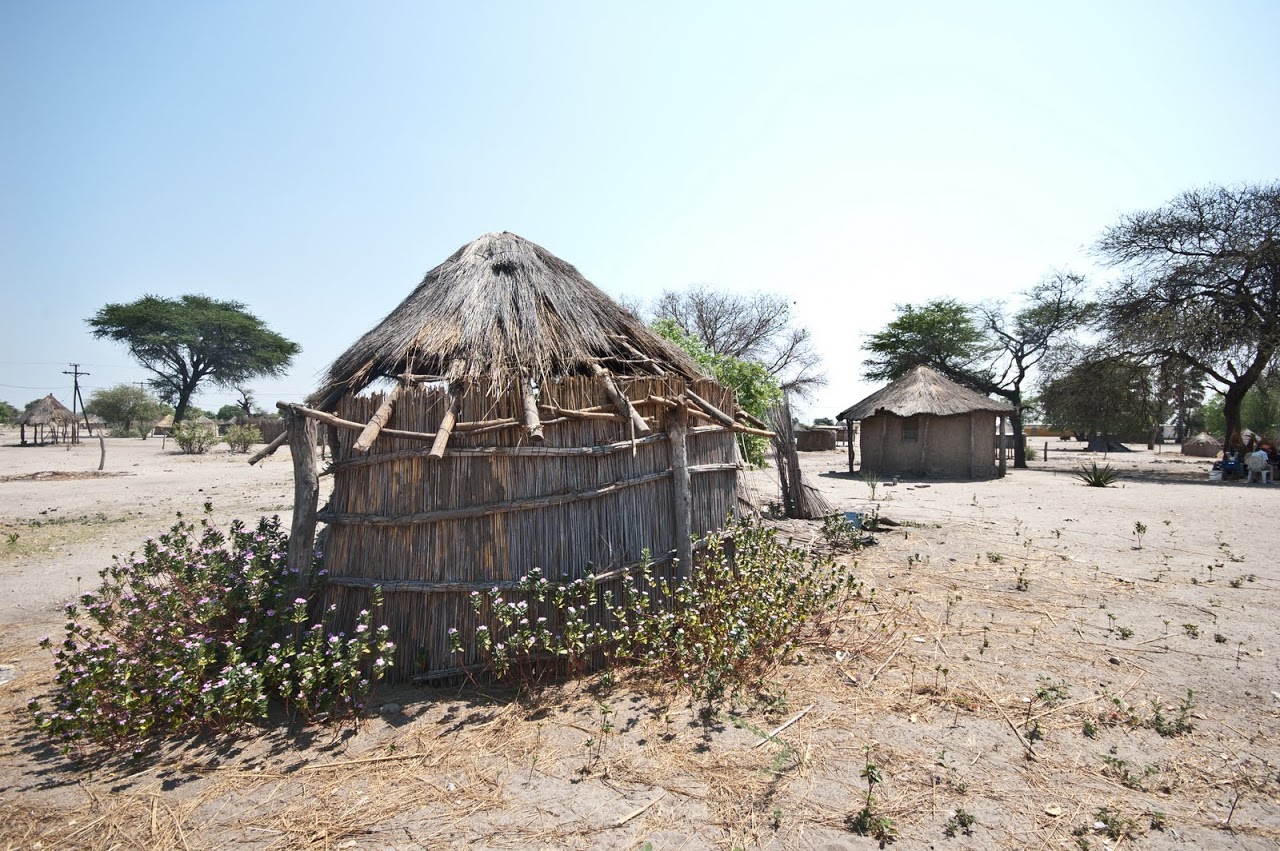
|
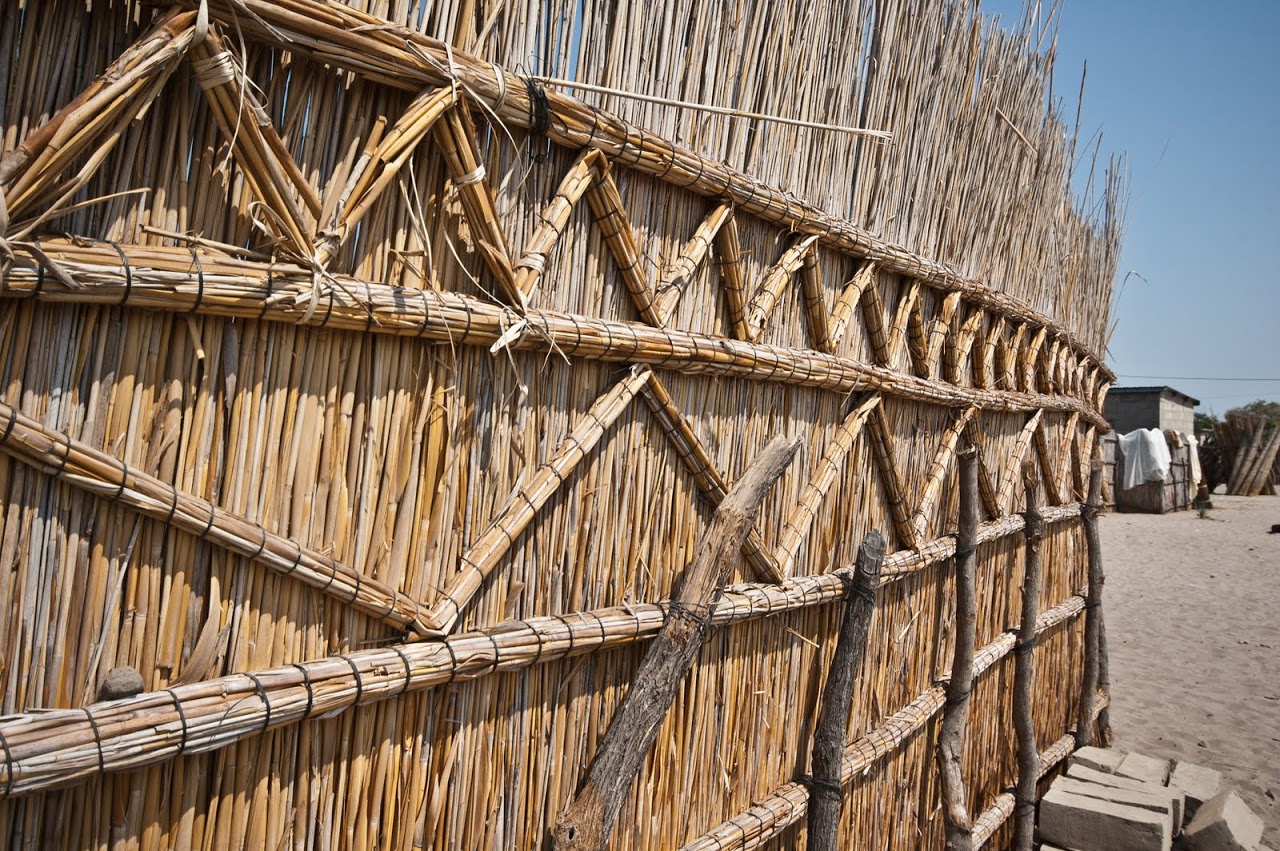
|
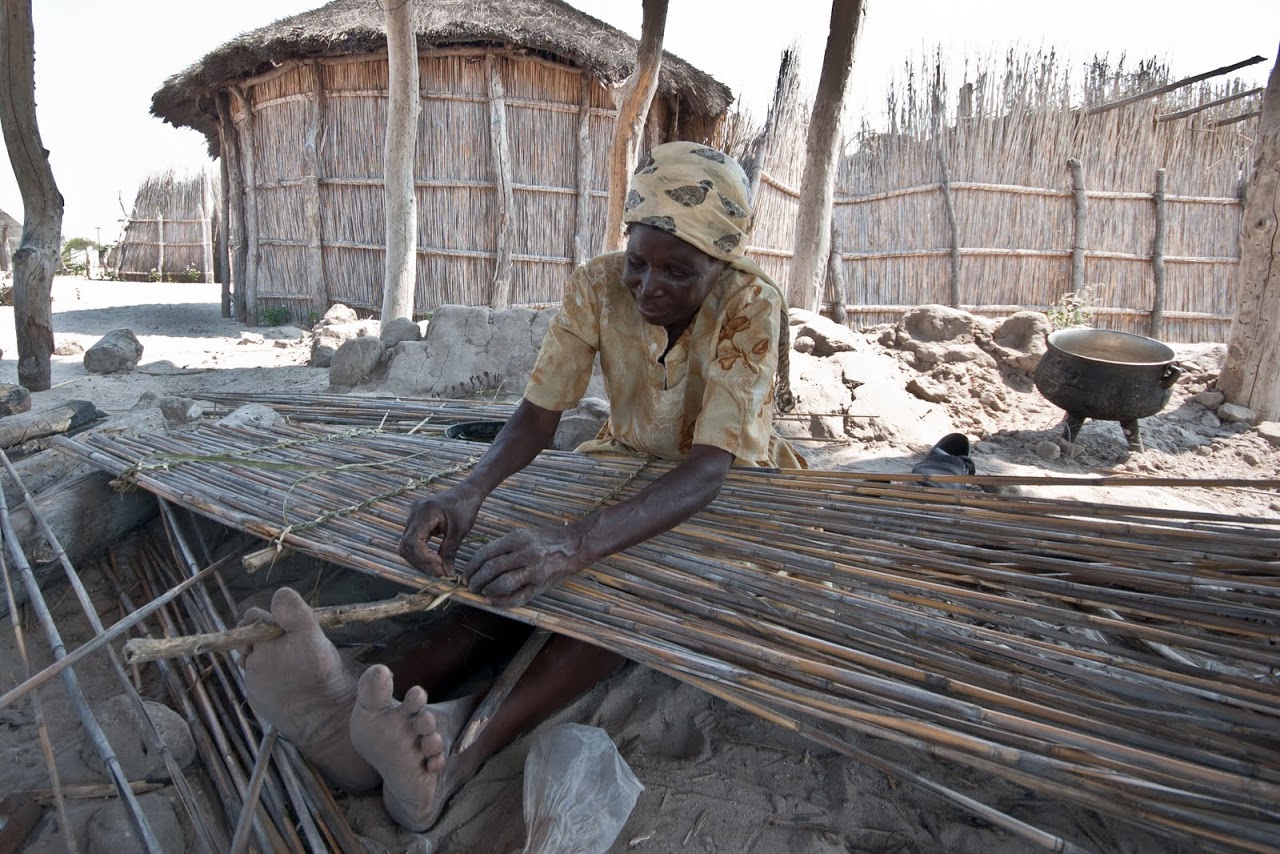
|
Our supplies for our stay in the Delta; the Botswanan village; woman creating matting
But, we've met people who embrace the wilderness without a moment's hesitation. At the edge of the Okavango Delta, men and women live in thatched huts that they craft together by weaving dried grasses into fencing, walls, and roofs. Mud and thatch houses, devoid of running water and electricity, trickle through the parched landscape of Botswana.
Motorboating to the Delta
Every day, motorboats took the cosseted tourists through the waving ferns into the narrow alleyways of the Okavango Delta.
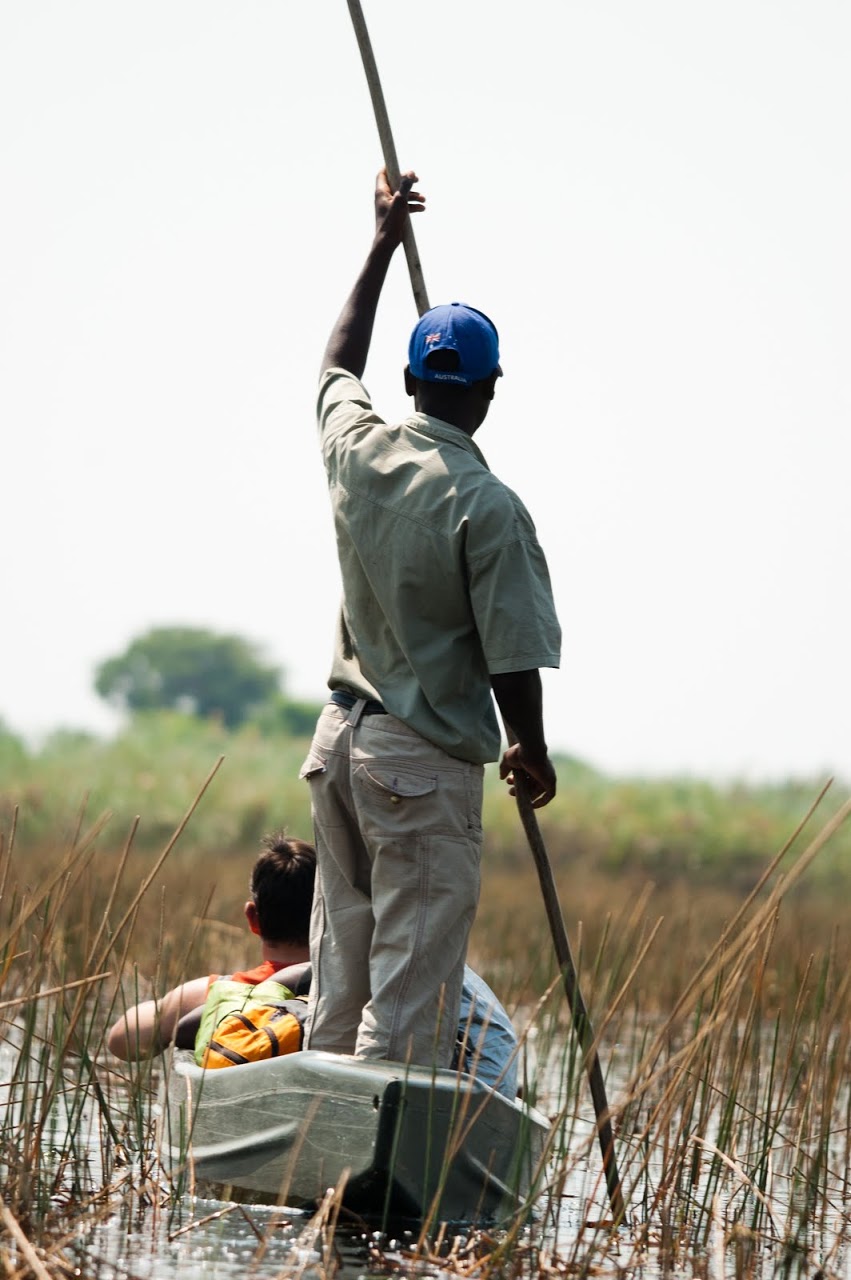
|
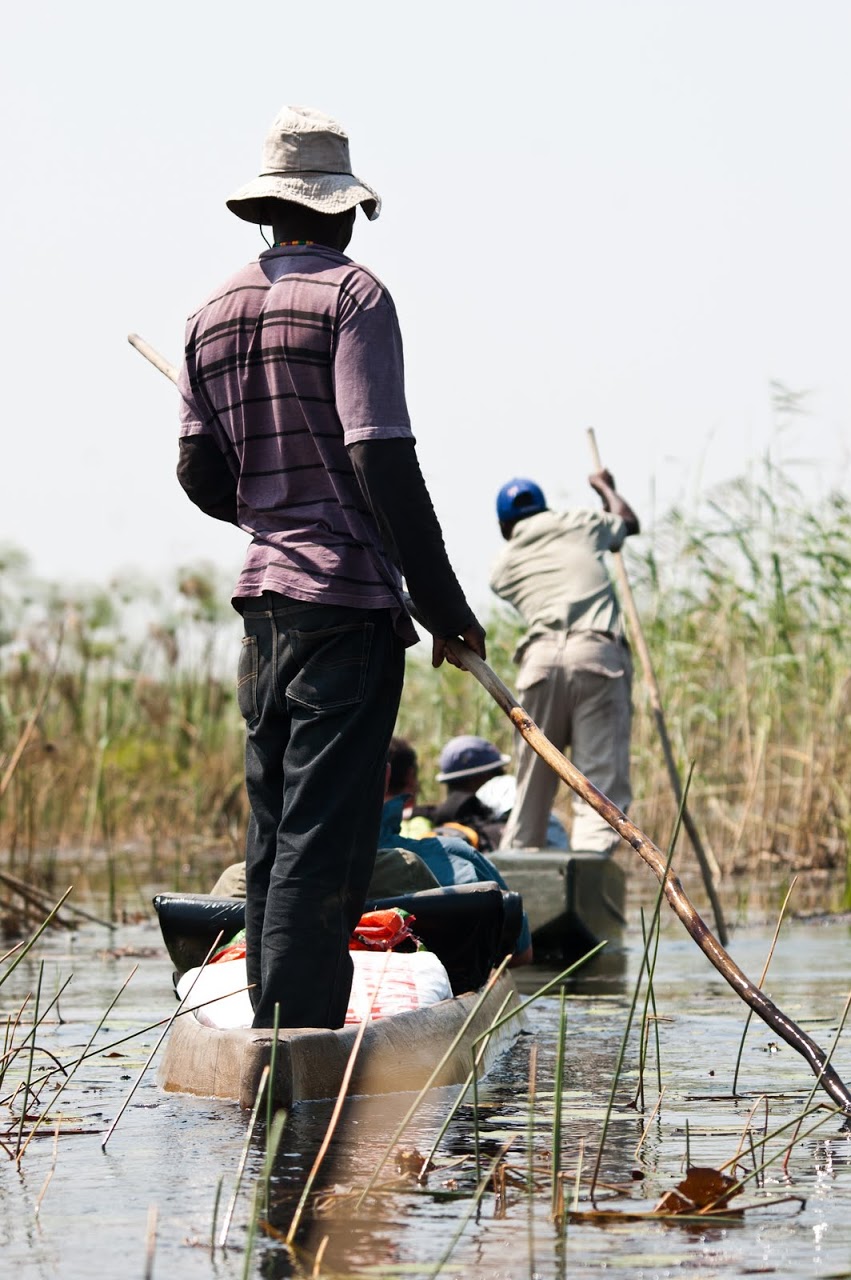
|
Mokoro boaters
Then, the mokoro boaters came to meet us, poling through the shallow water to bring us to our campsite. They hauled all of our stuff and us on narrow hollow-core boats (today, these boats are made of fiberglass but, in the old days, they were made of wood.)
Through the narrow alleys
They poled through the waters standing up, gently steering the boat through the ferns, crocodiles, and lilies, in depths no greater than a foot deep.

|
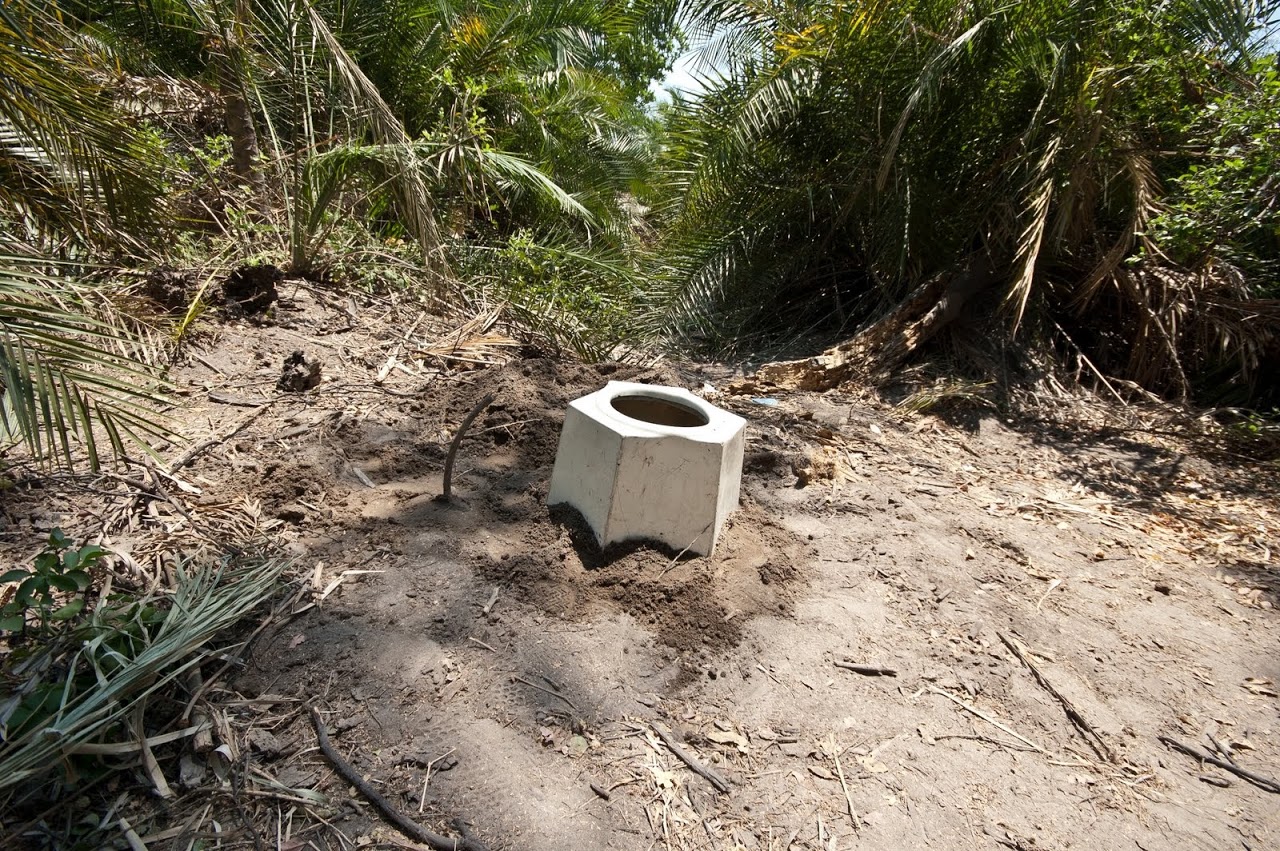
|
Tent; bush toilet
And, because we were staying at a bush camp, with no electricity or running water, they very nicely dug us a bush toilet while we set up our tents.
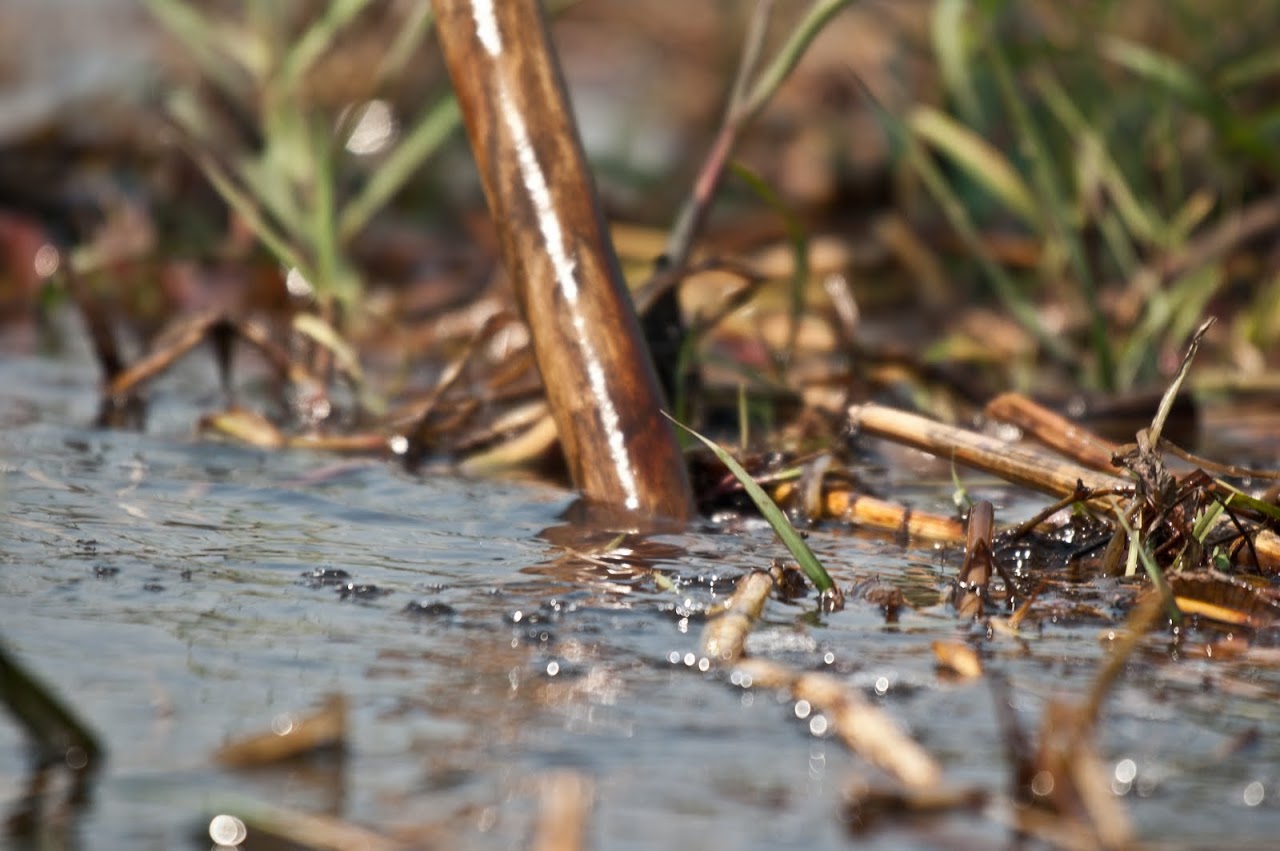
|
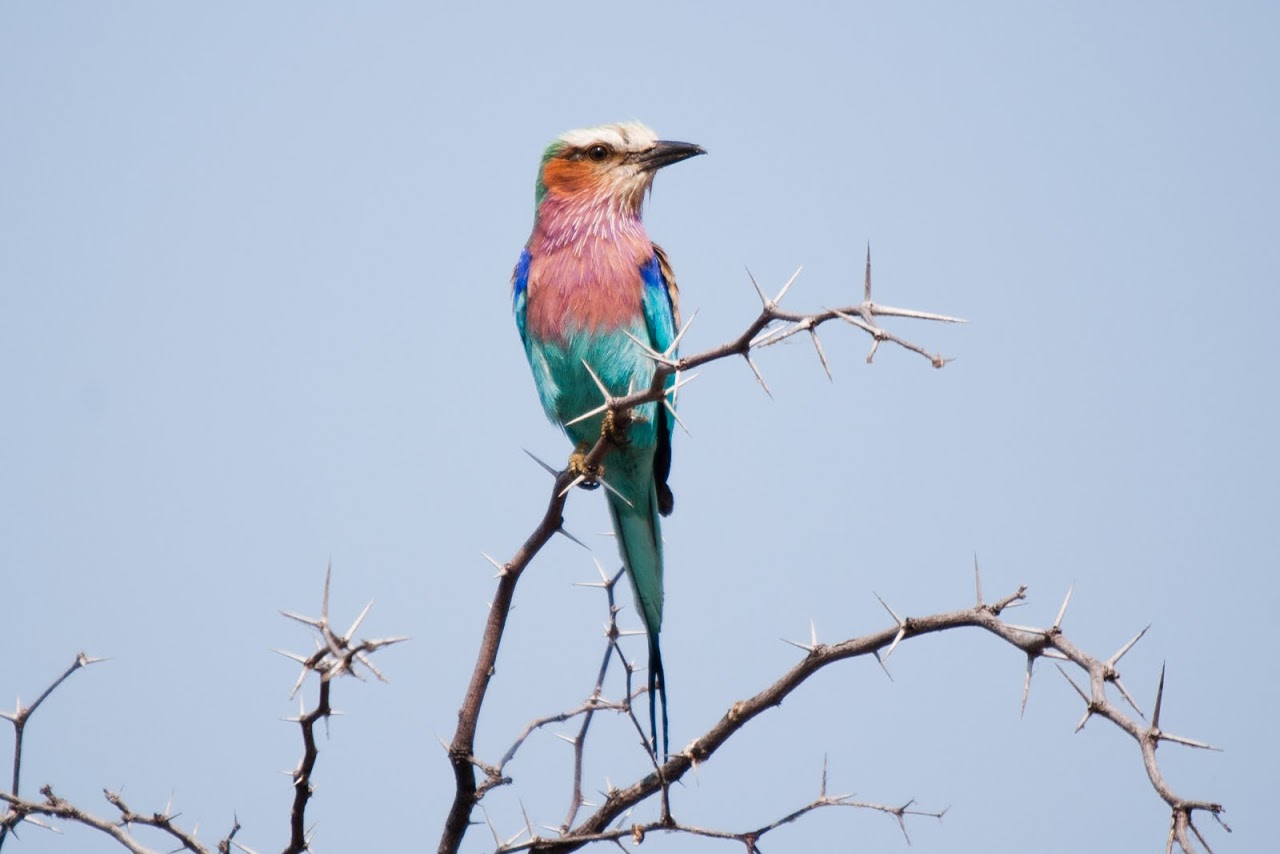
|
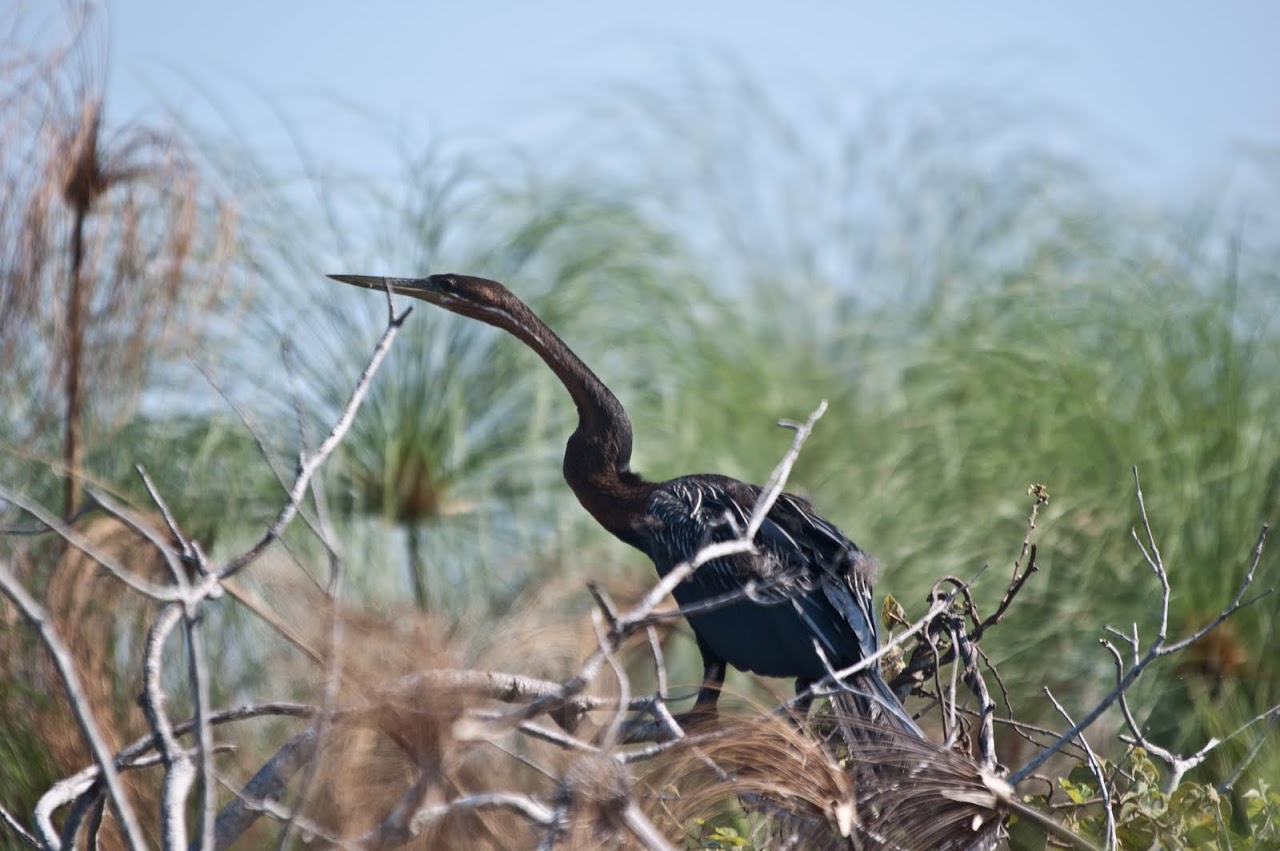
|
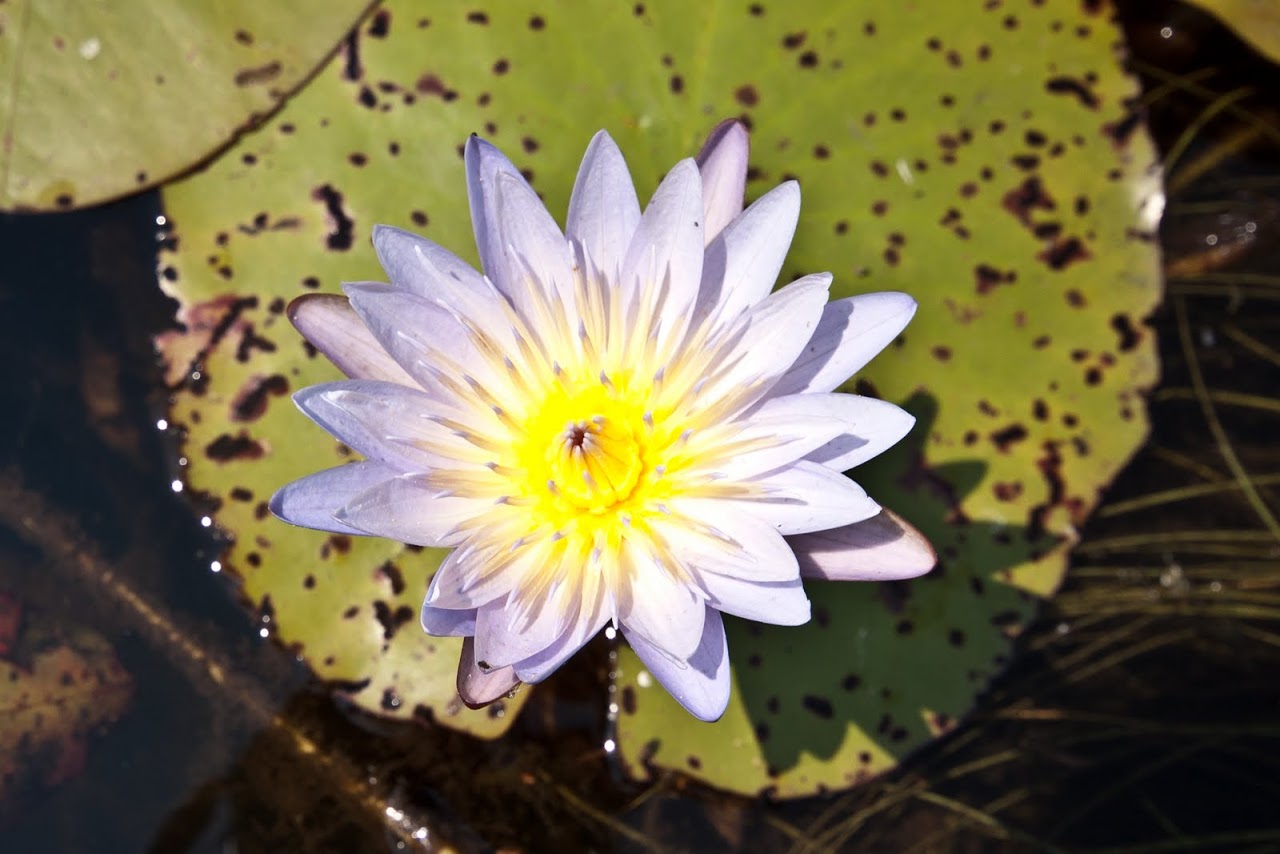
|
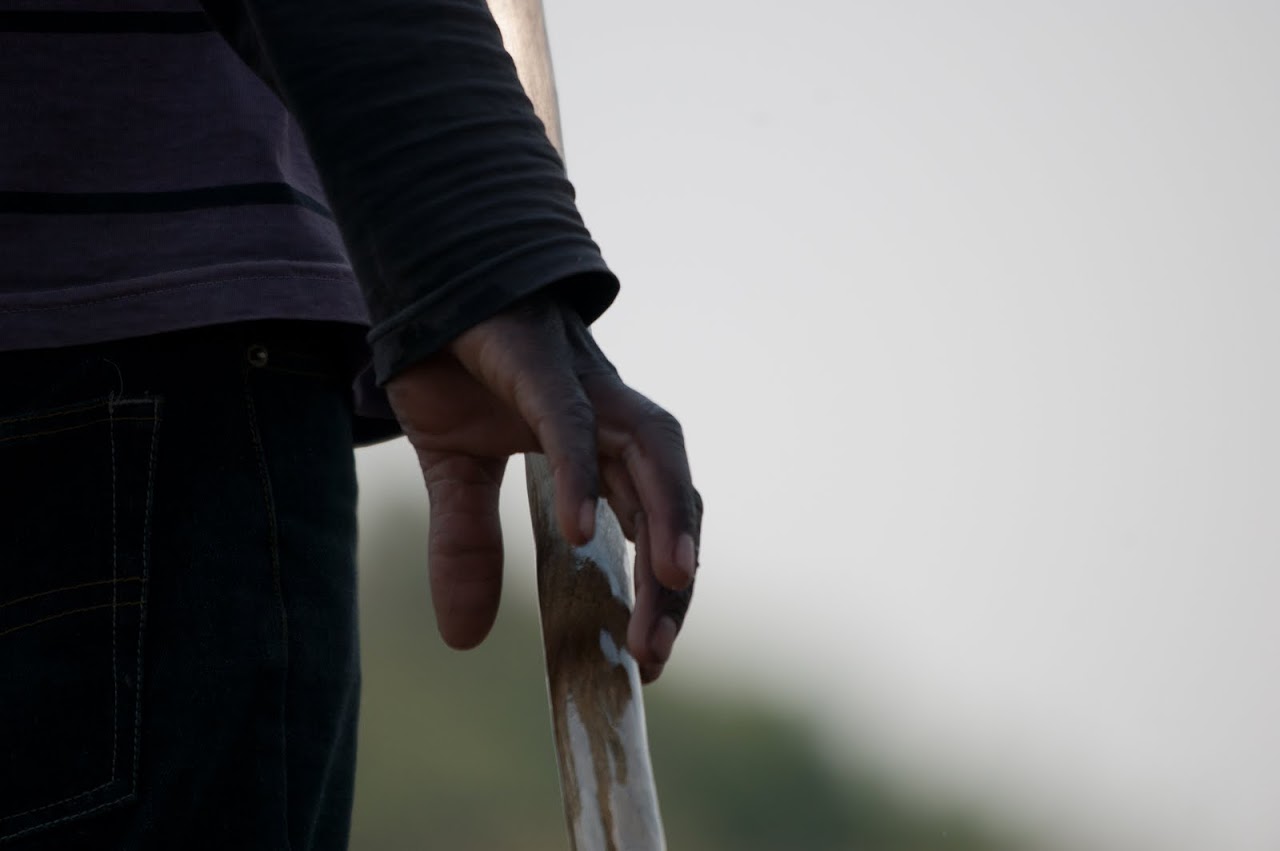
|
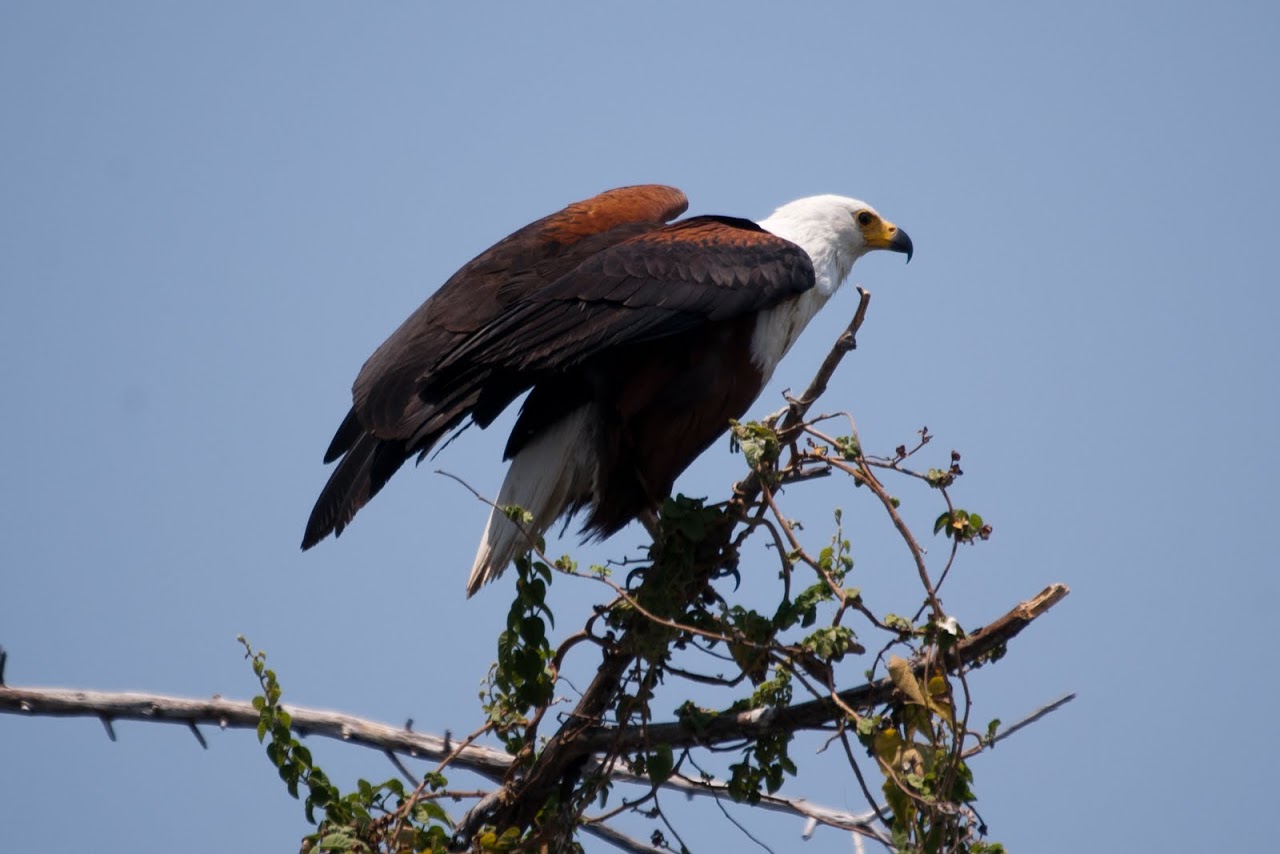
|
Poling through the narrow alleys; lilac breasted roller; heron; eagle
After lunch, they poled us through the Delta, this awe-inspiring place which humans do not inhabit, where elephants roam from miniature island to miniature island, and birds flock and fly away on the breeze. We walked on an island with the Botswanans, and our guide pointed out fresh elephant dung and the skin and bones of an old leopard kill in a tree. We stopped at a tree whose bark had been shredded into long flaky tendrils by herds of elephants and past trees and shrubs with medicinal uses described by our guide.
High grasses in the Delta
We thought, at first, that they poled by mokoro only for us tourists. But, we learned that most of the polers grew up in the Okavango area and learned how to pole in the river when they were teenagers in order to catch fish for dinner or swim in the pools of water to escape the harsh sun.
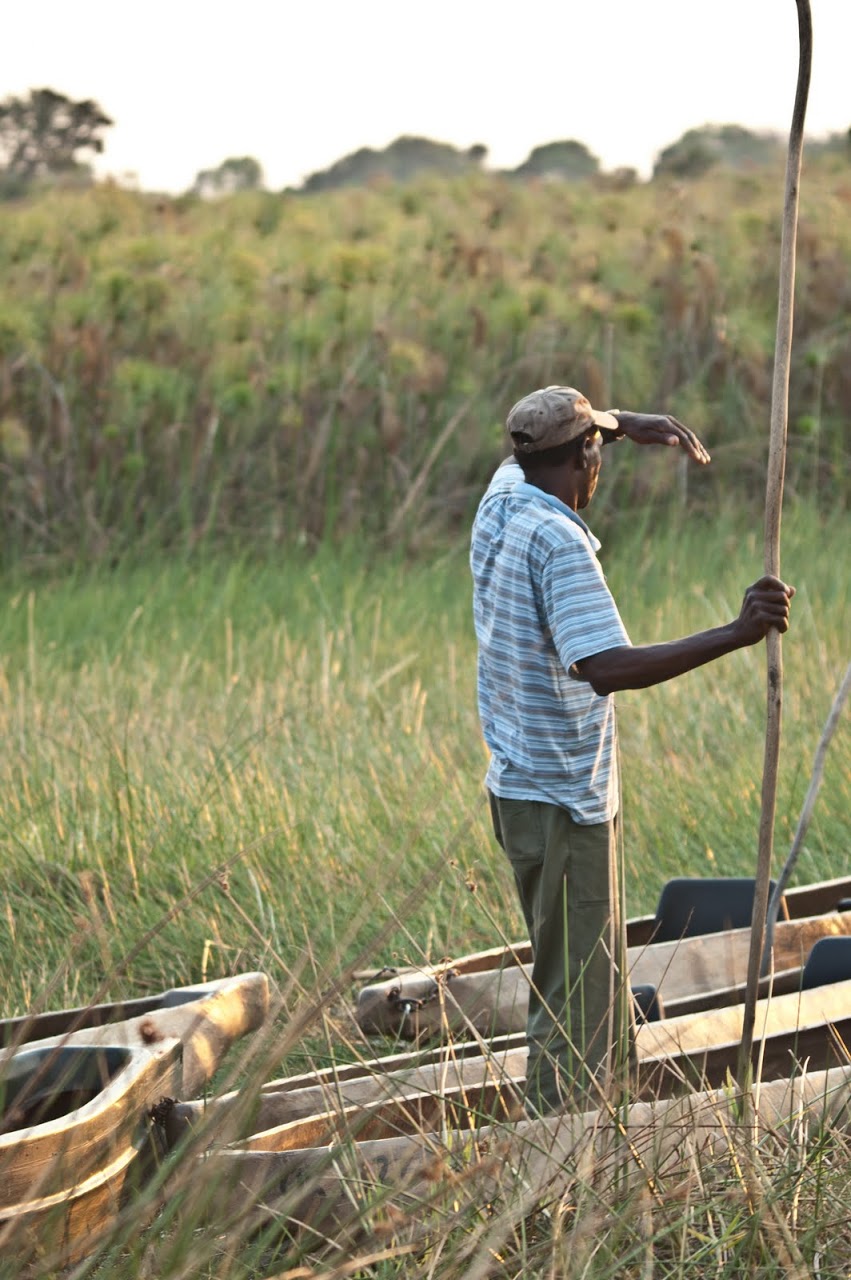
|
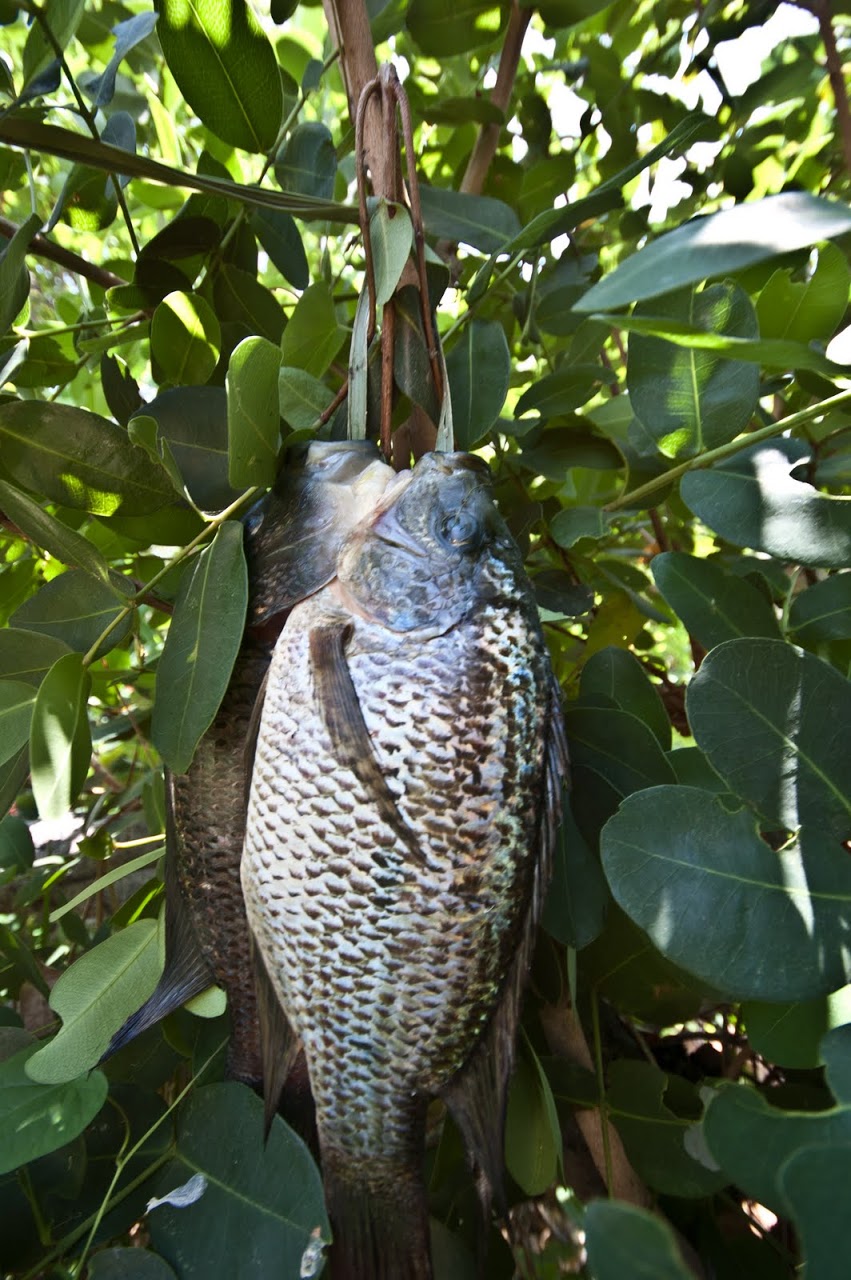
|
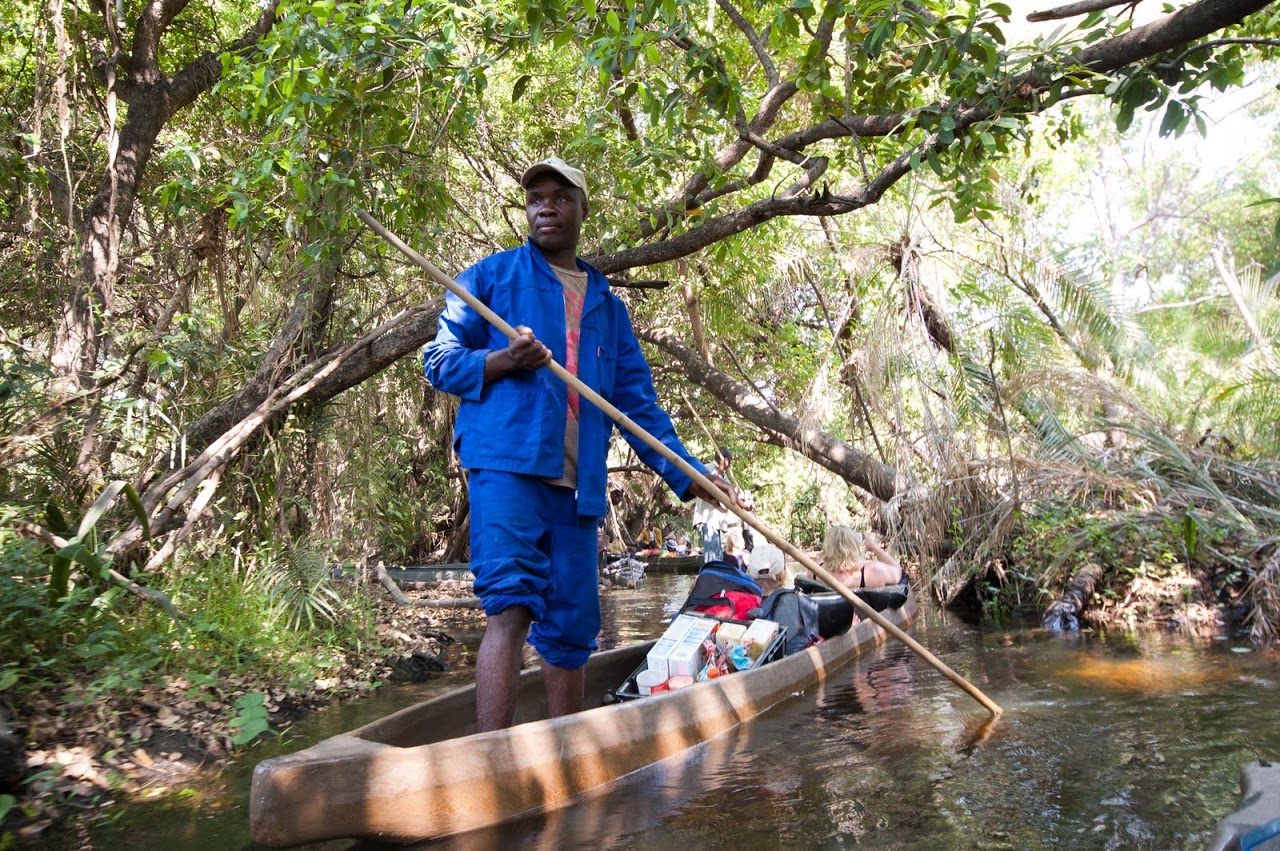
|
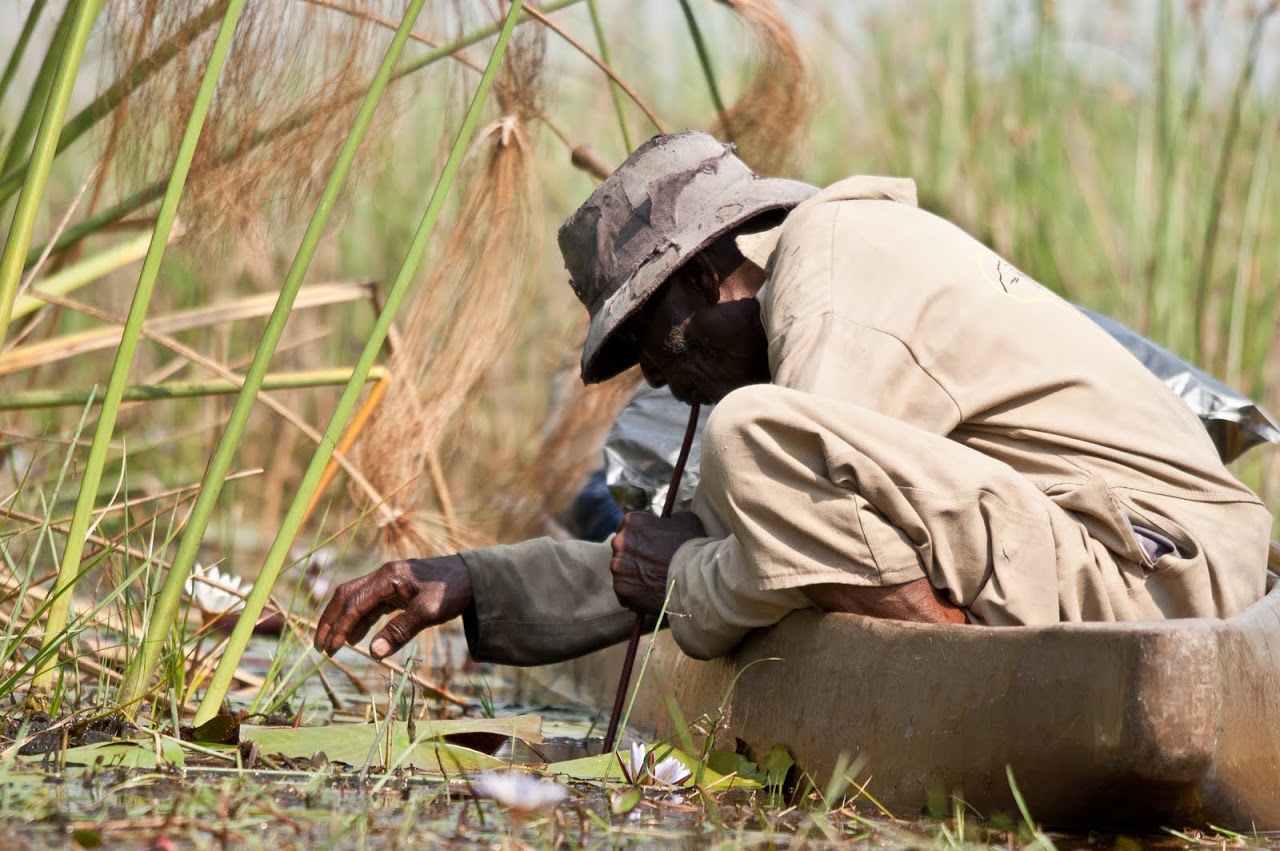
|
Fisherman; fish hanging from tree; poler; drinking water through the lily stem straw
On that day, one poler caught fish for their dinner while the rest of the polers set up a fire. Later, another ripped off the head of a lily to use the stem as a straw to drink the water.
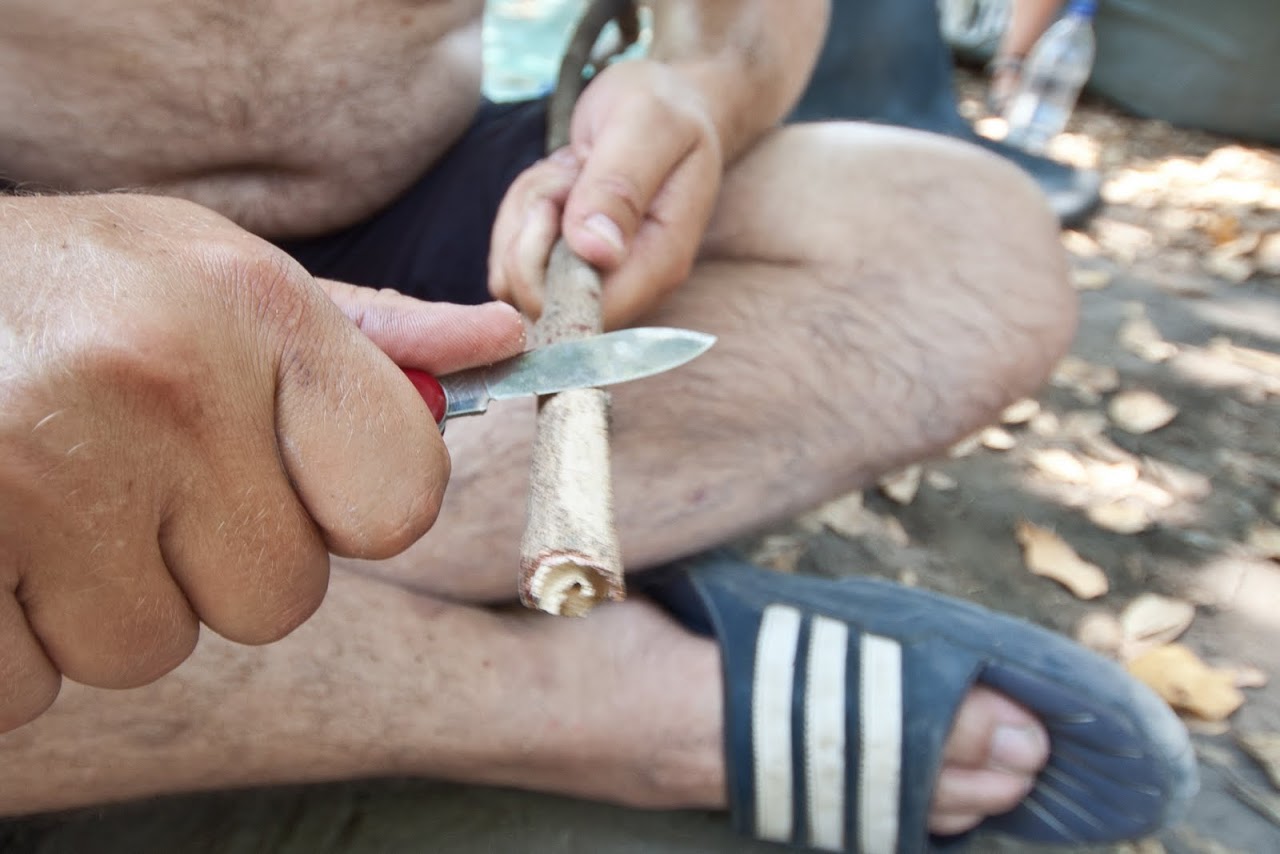
|
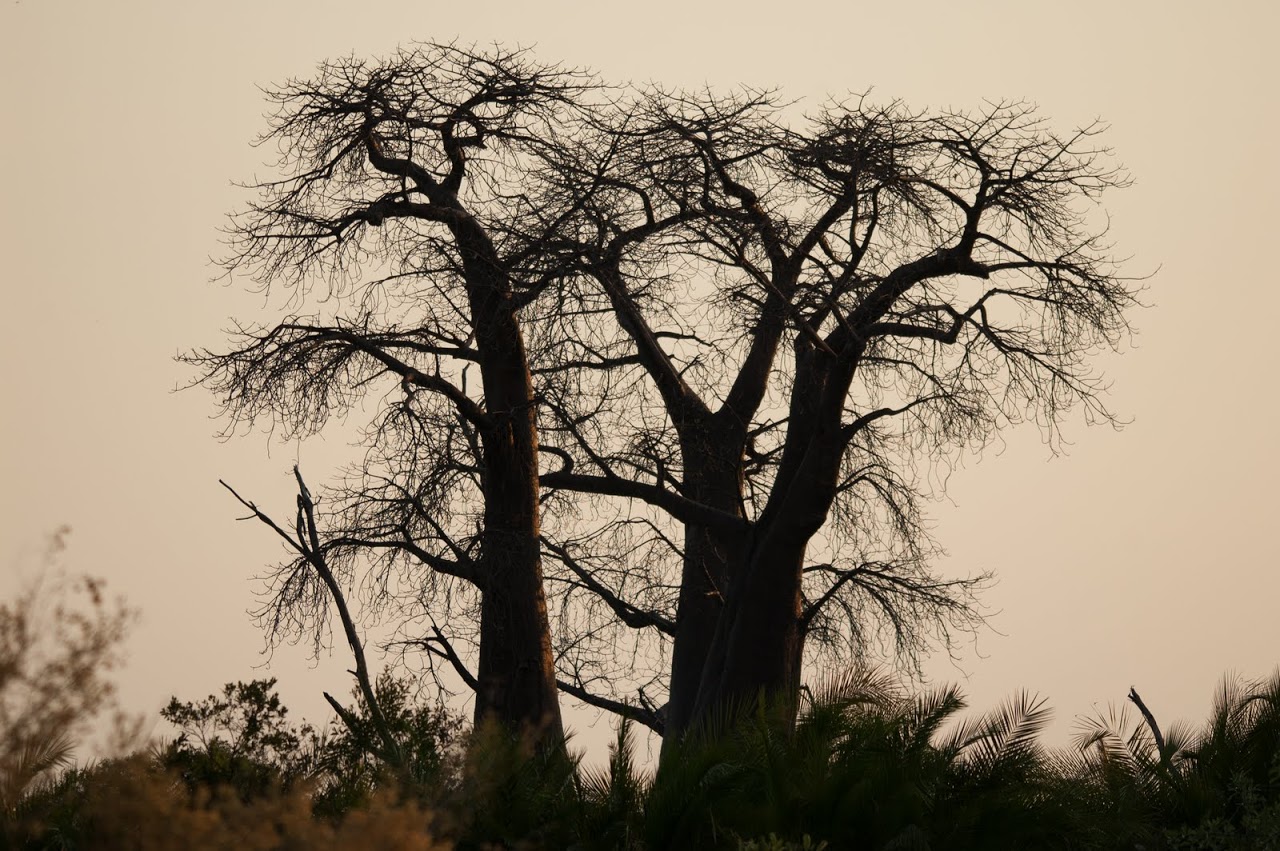
|
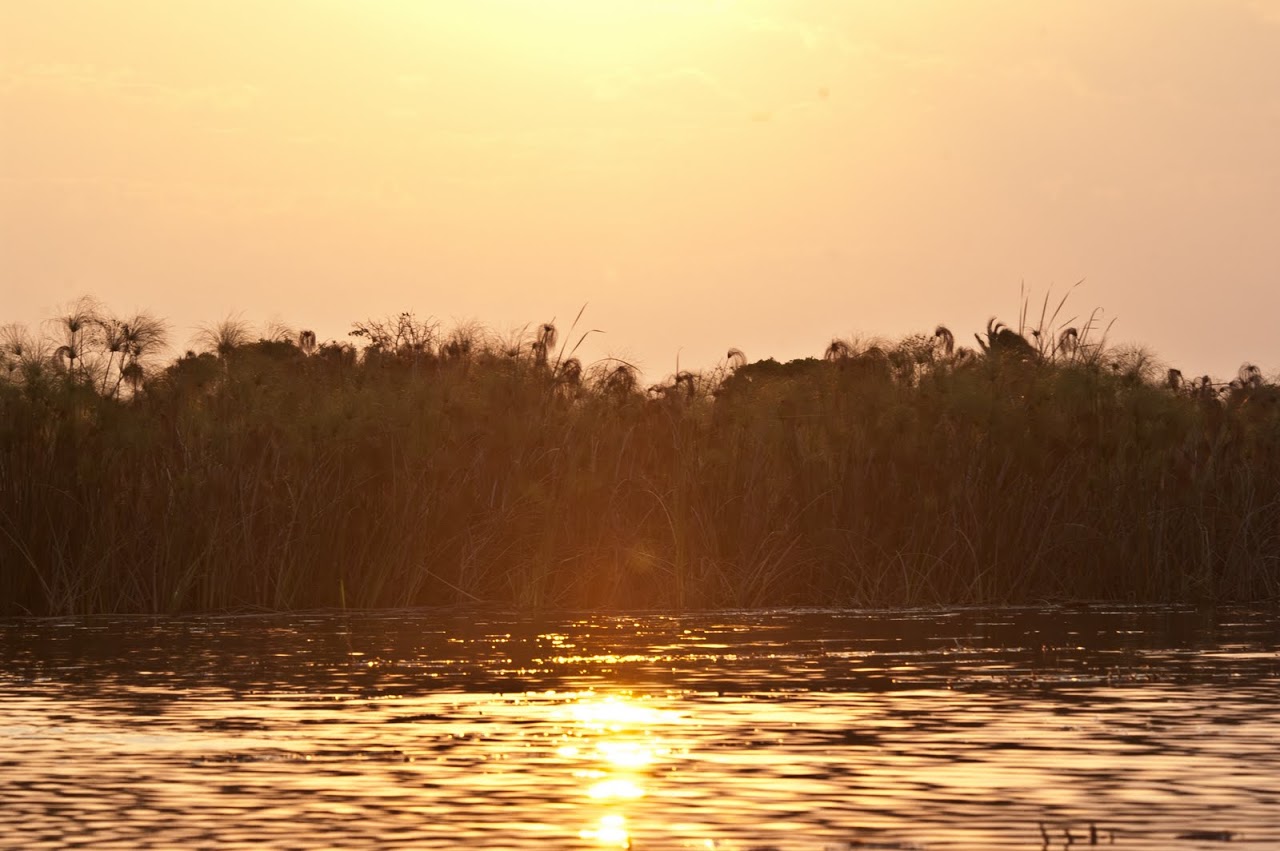
|
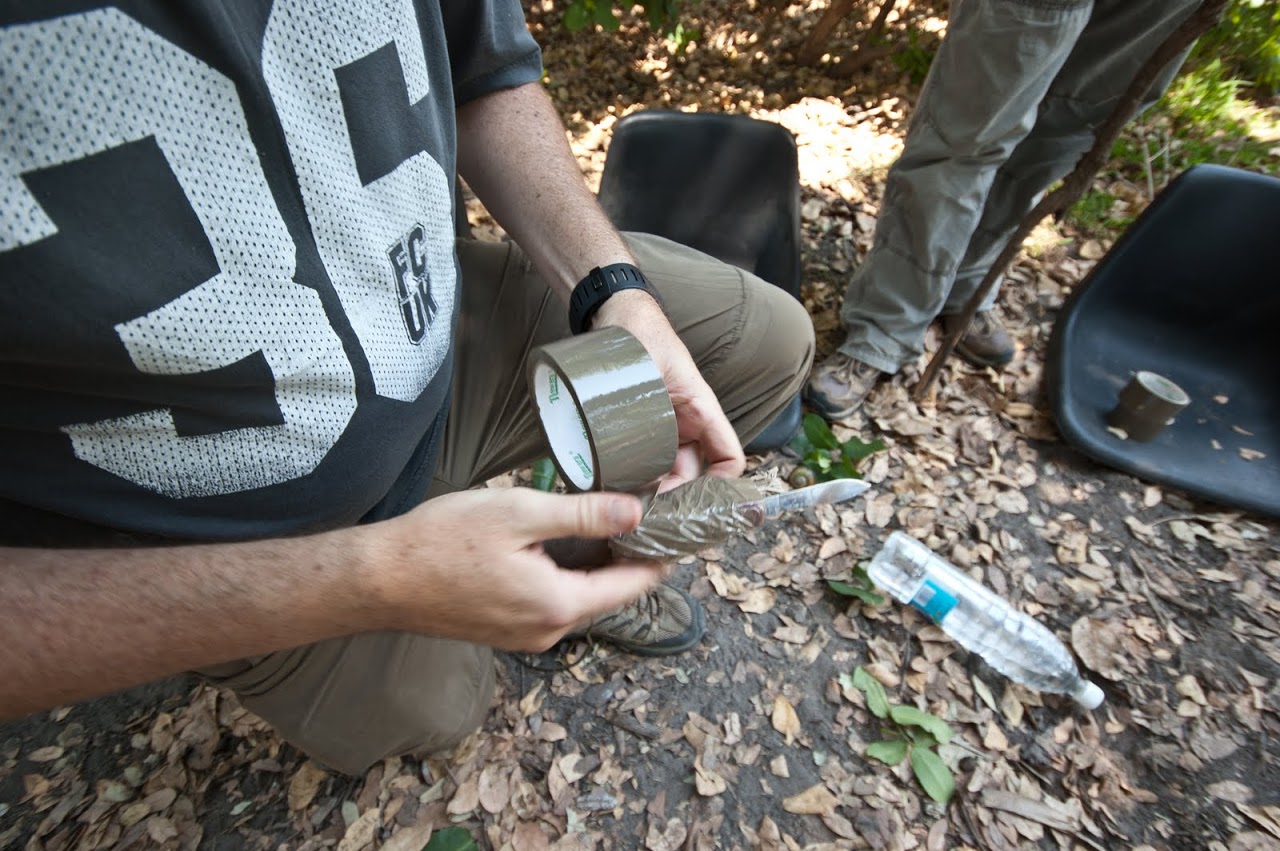
|
Baobab tree; Patrick's "spear"; the delta at sunset; the taped "spear"
Inspired by the wild beauty of the Okavango and our polers' survival skills, Patrick and several others tried their own hand at fishing, despite the lack of fishing poles. Spear fishing . . . yeah, that would work. Patrick carved up an old stick while another friend duct taped a pen knife to a long stick and then headed out in their mokoro to "spear" a fish.
Ferns from the delta at sunset
That afternoon, someone did catch a fish. Guess who?
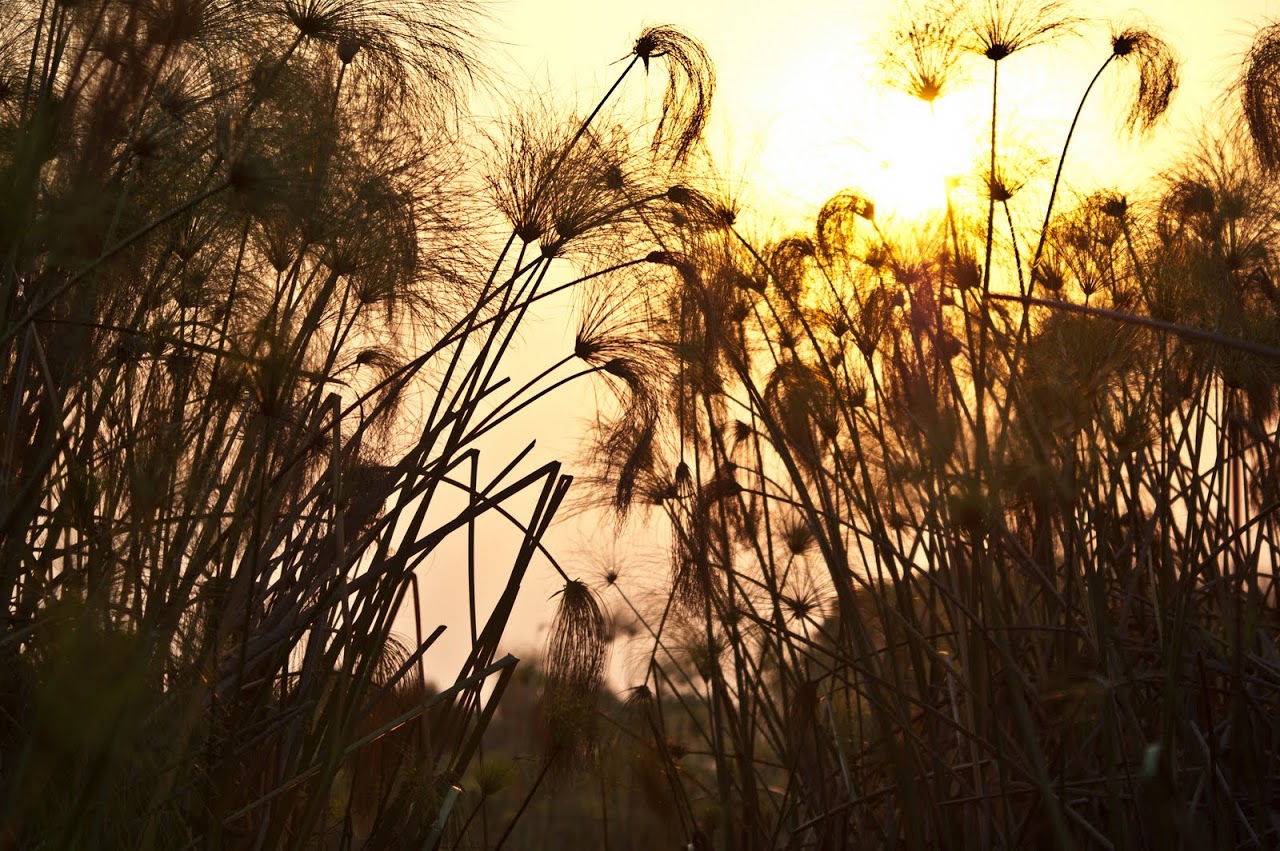
|
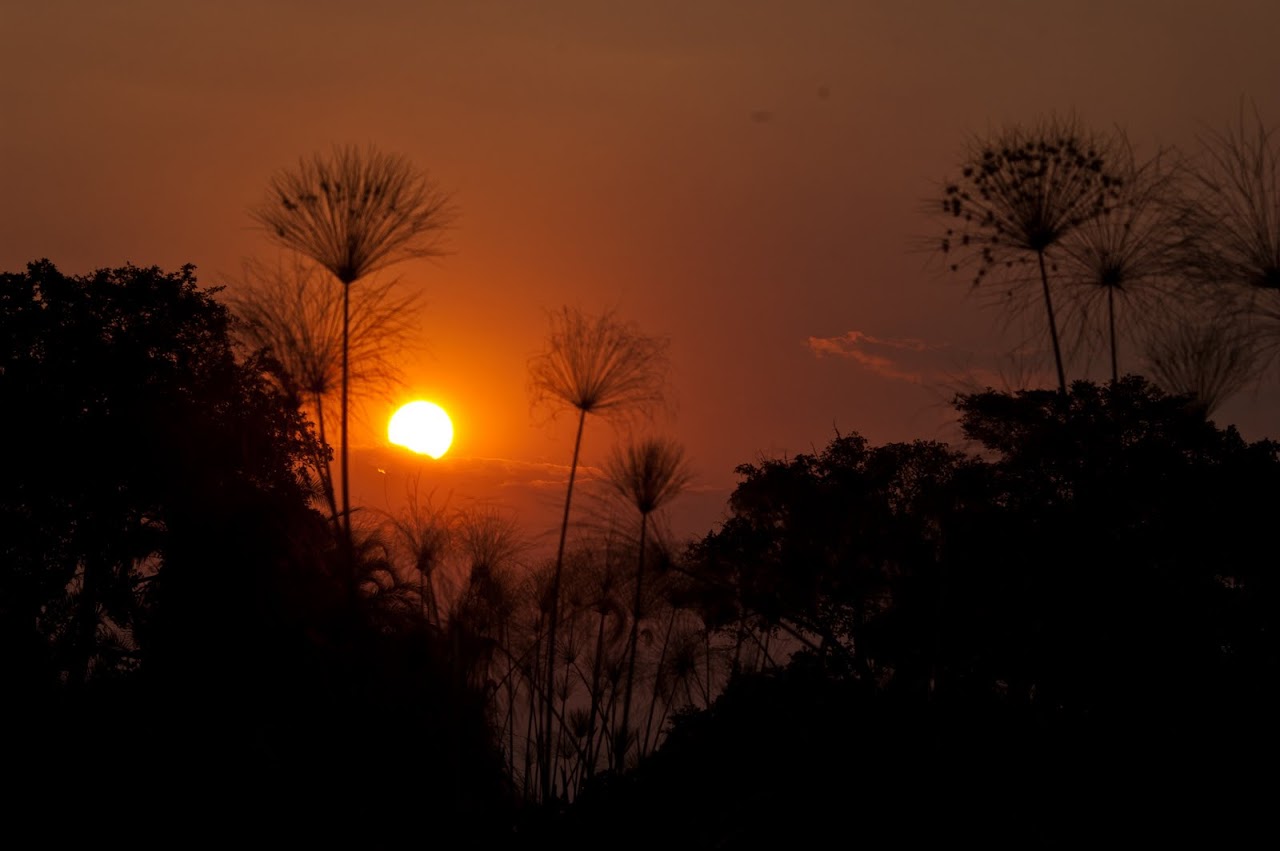
|
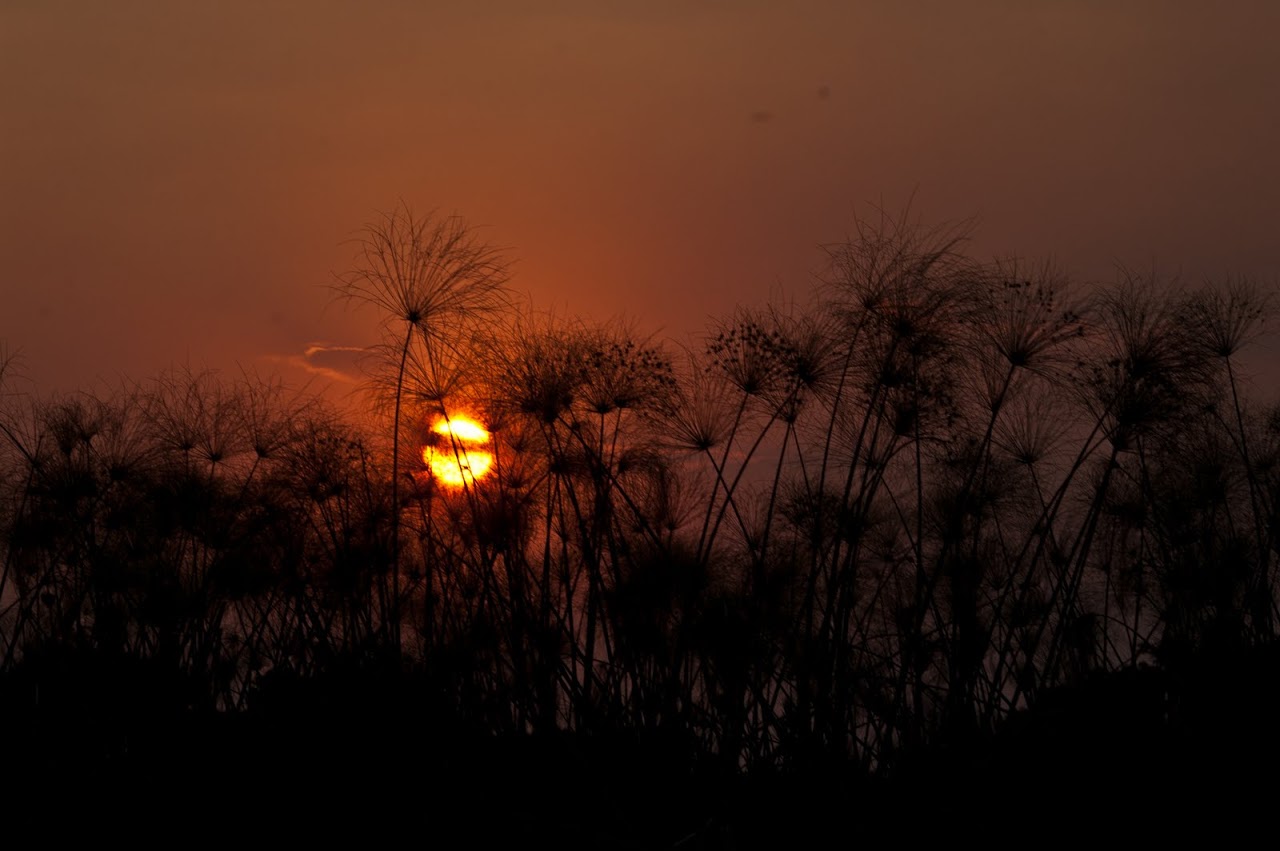
|
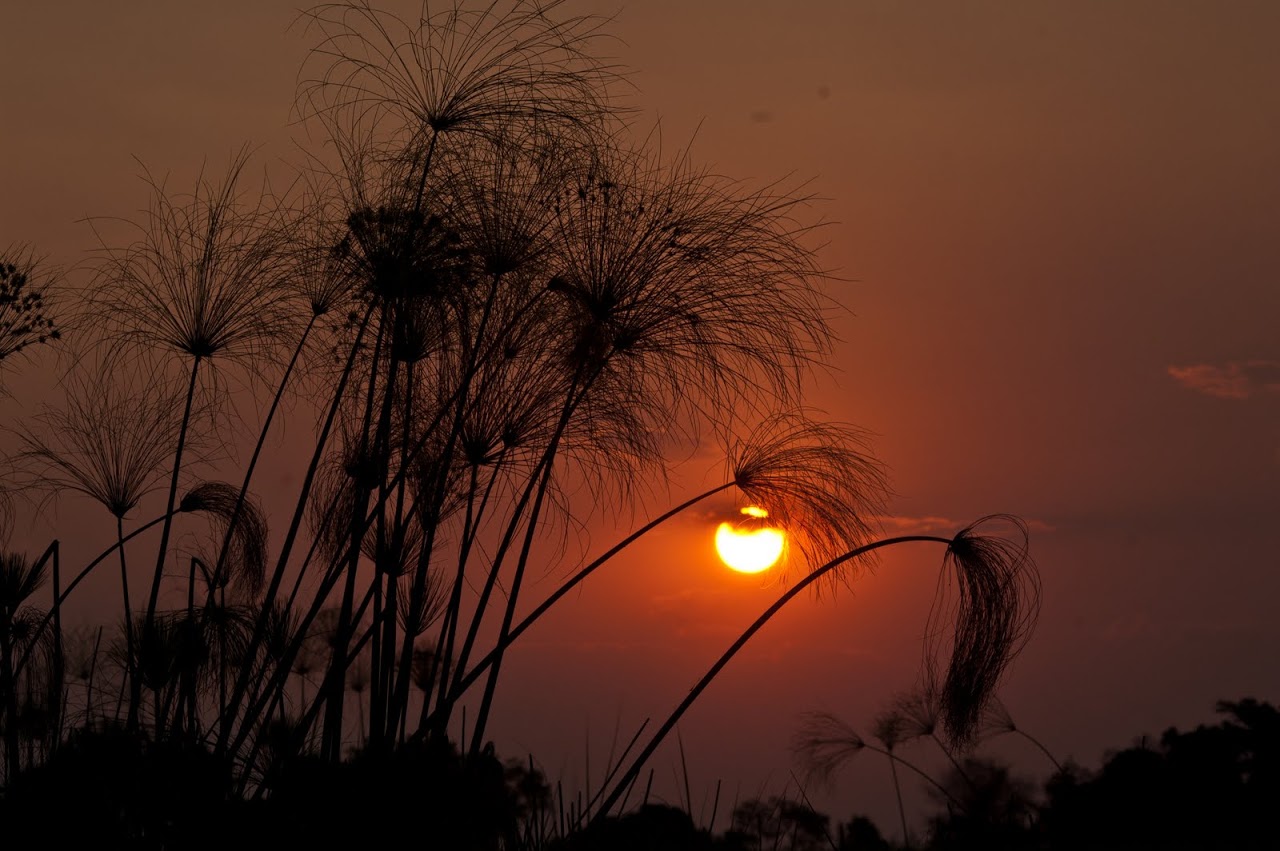
|
Sunset at Okavango
Have you guessed yet? [Hint: Much to Patrick's disappointment, it was not him.]
Sunset at Okavango
Yep, that's right. I was sitting in the boat, minding my own business, while Patrick and the others tried to spear fish, and a tiny fish jumped right into my seat, scaring the living daylights out of me. [Mind you, I was the only vegetarian on the trip and the fish jumped right to me. If you try convincing me that animals aren't intelligent, I'm just going to shake my head at you.] I started emitting the noises of a teenage girl at a Justin Bieber concert as this fish wriggled around my heels. I tried to get it and toss it back into the water but it was slippery, slimy, and reminded me of the grotesque goldfish we had when I was a kid who used to eat all the other fish that we put in the tank. The nearby mokoro poler looked at me like I had lost my mind because I was worrying about a fish the size of my thumb and he reached down and sent the fish back into the water.
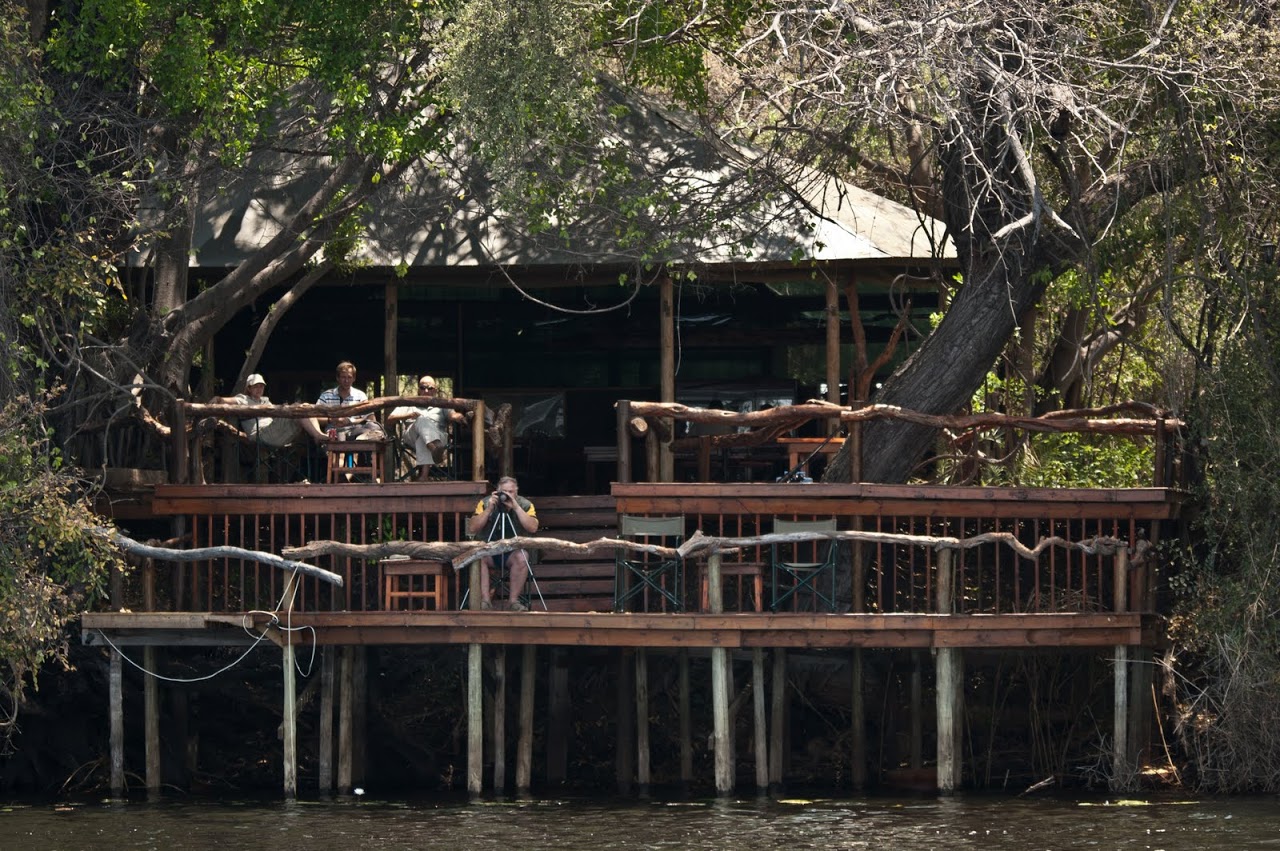
|
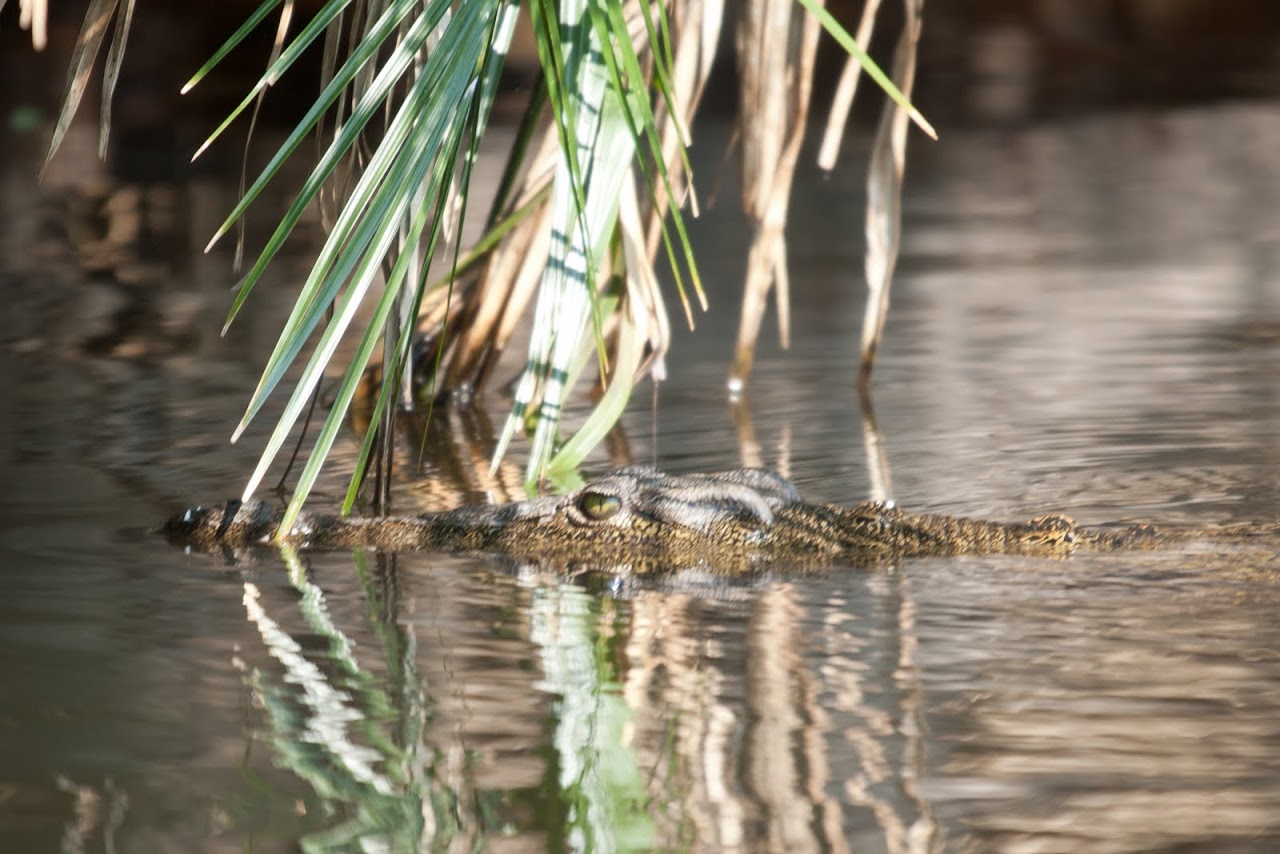
|
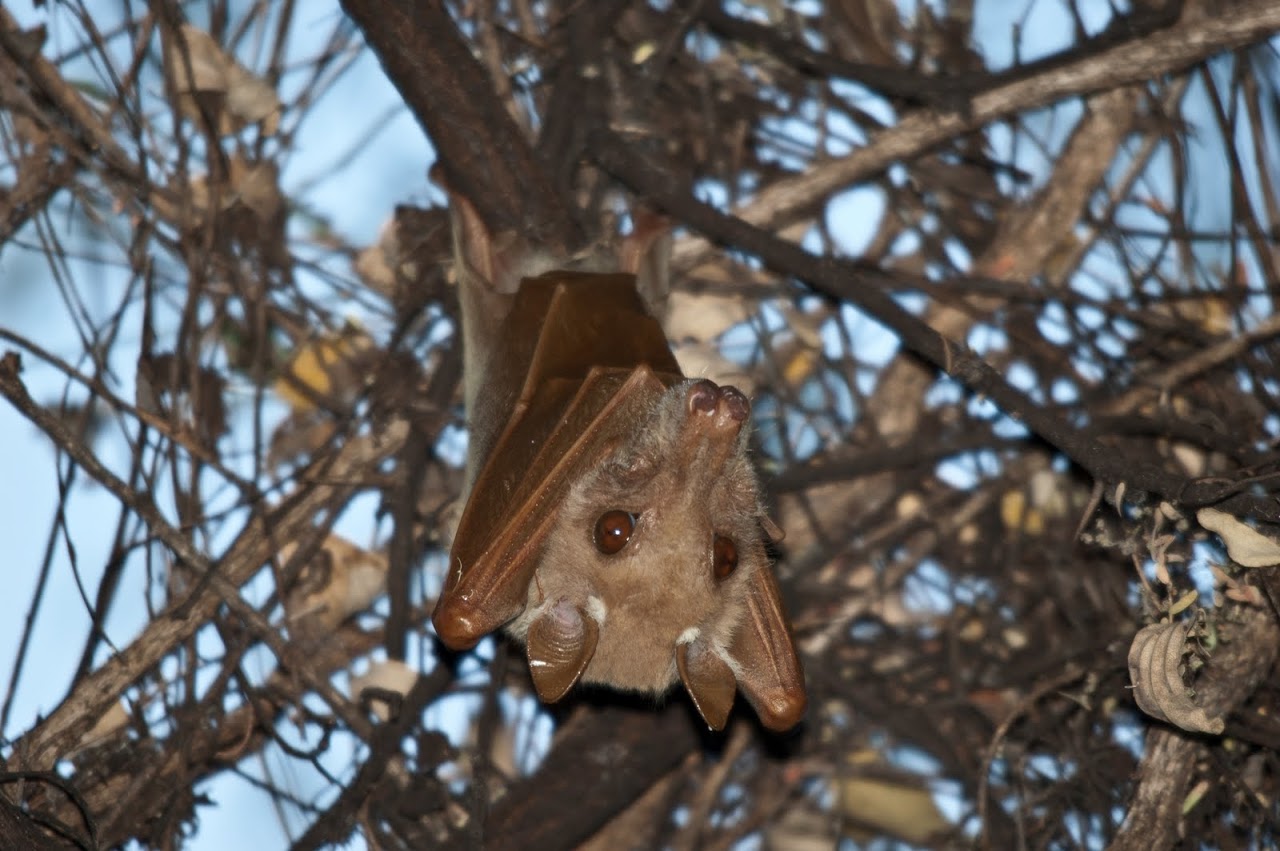
|
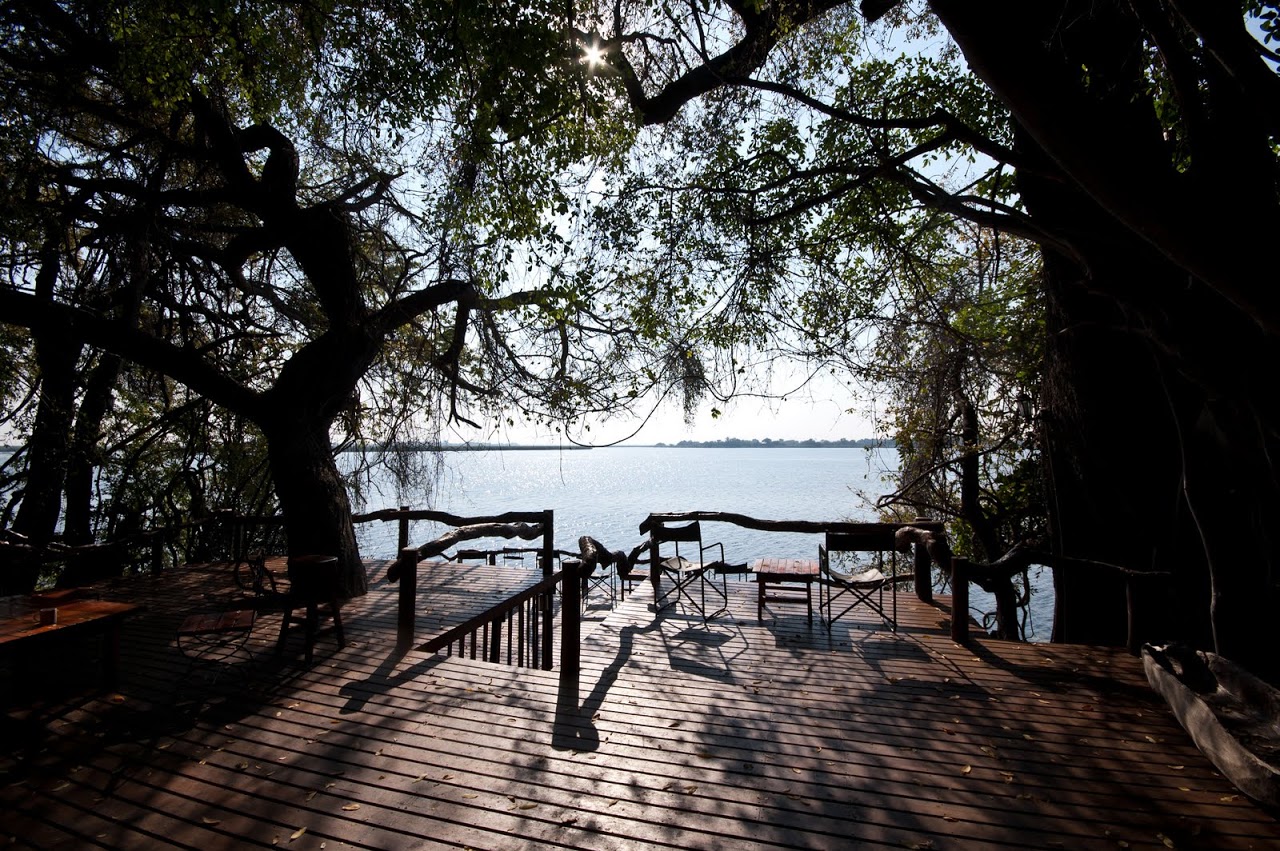
|
Base camp; crocodile; bat
When we returned back to Base Camp the next day, we reveled in the comforts of civilization: a bar, a beautiful deck to oversee the hippos and crocodiles in the river, a pool, hot showers, and Scrabble on the iPad. We could laugh about the failed fishing experiment, the bush toilet, and the hippos that kept us awake throughout the night. Because, at the end of the day, this is not our real life: we don't need to survive in the wild.
Okavango Delta from the sky
We can hop on a plane and be away from this place where people don't live and the animals float through the waters and grass.
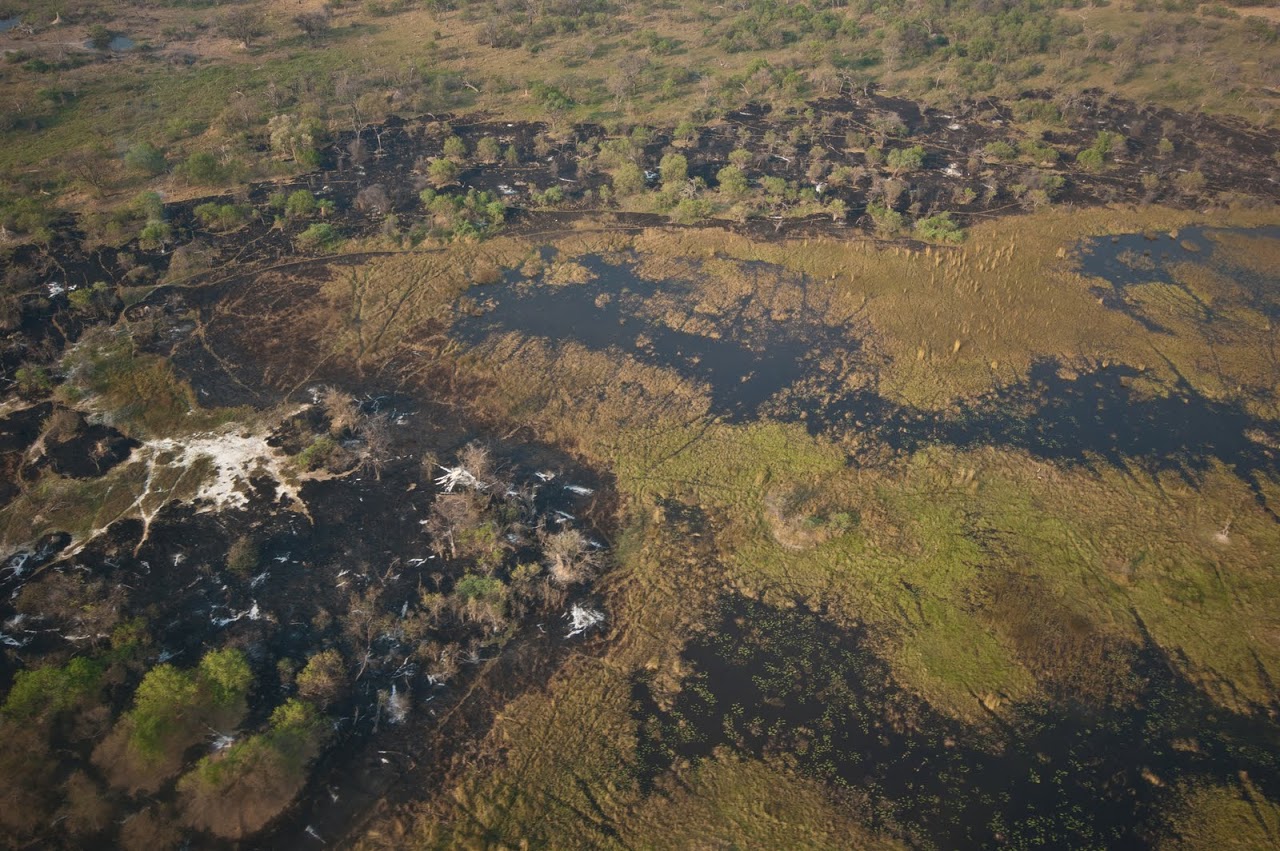
|
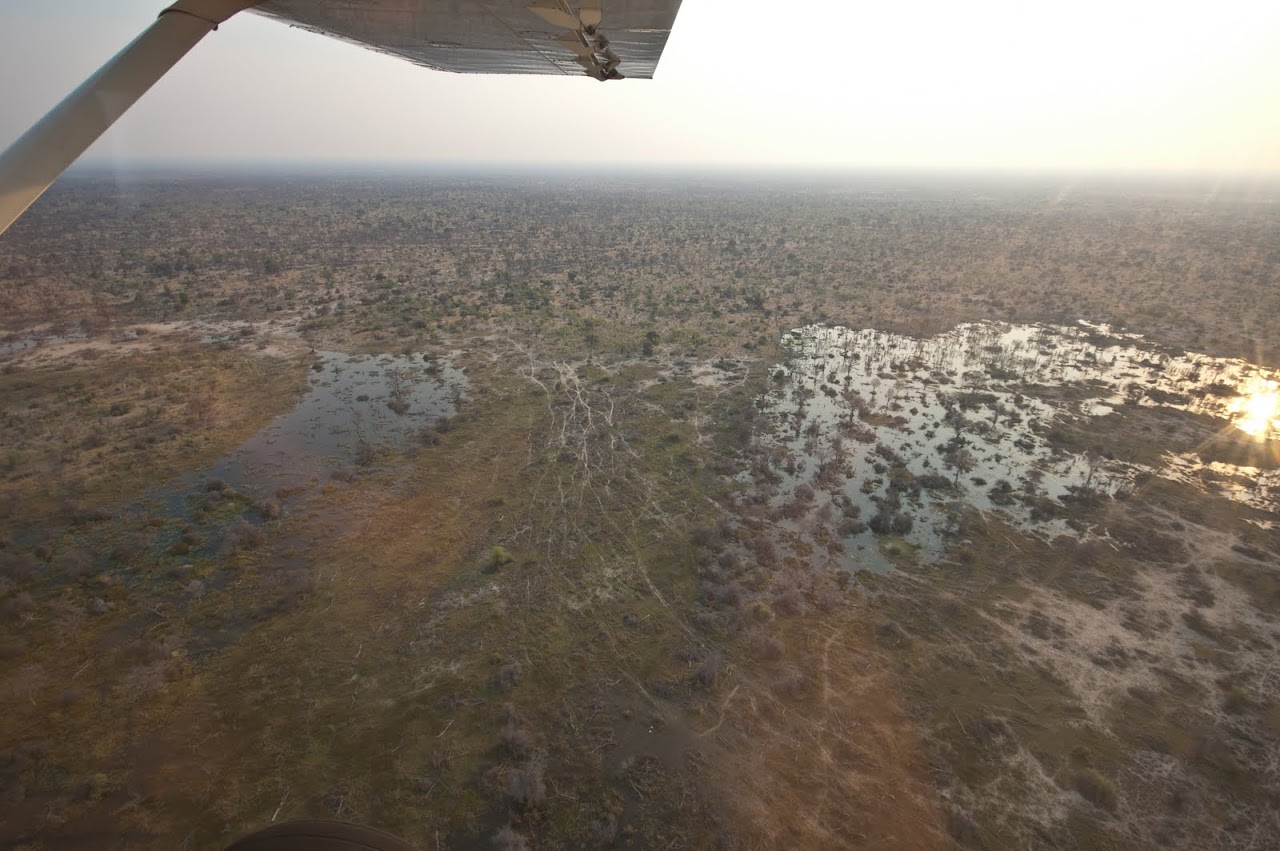
|
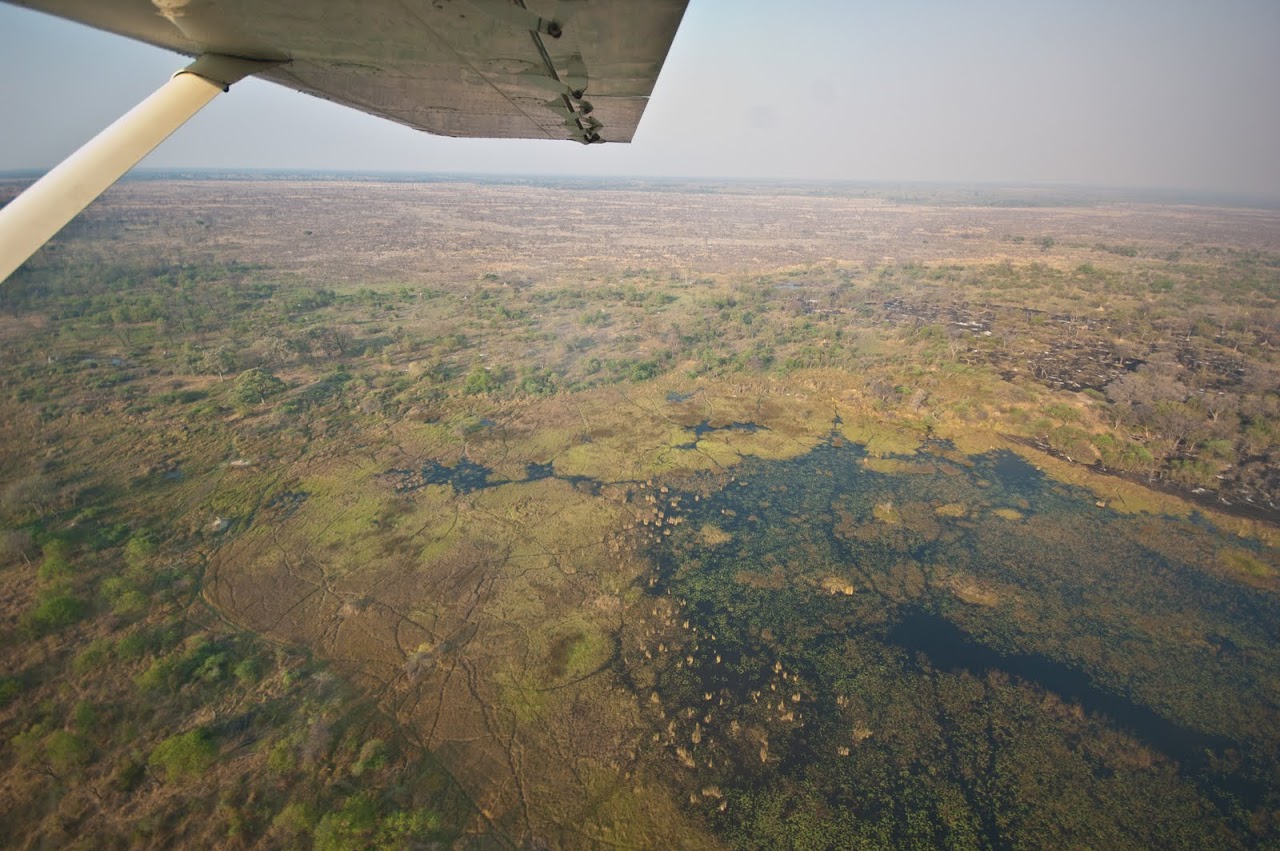
|
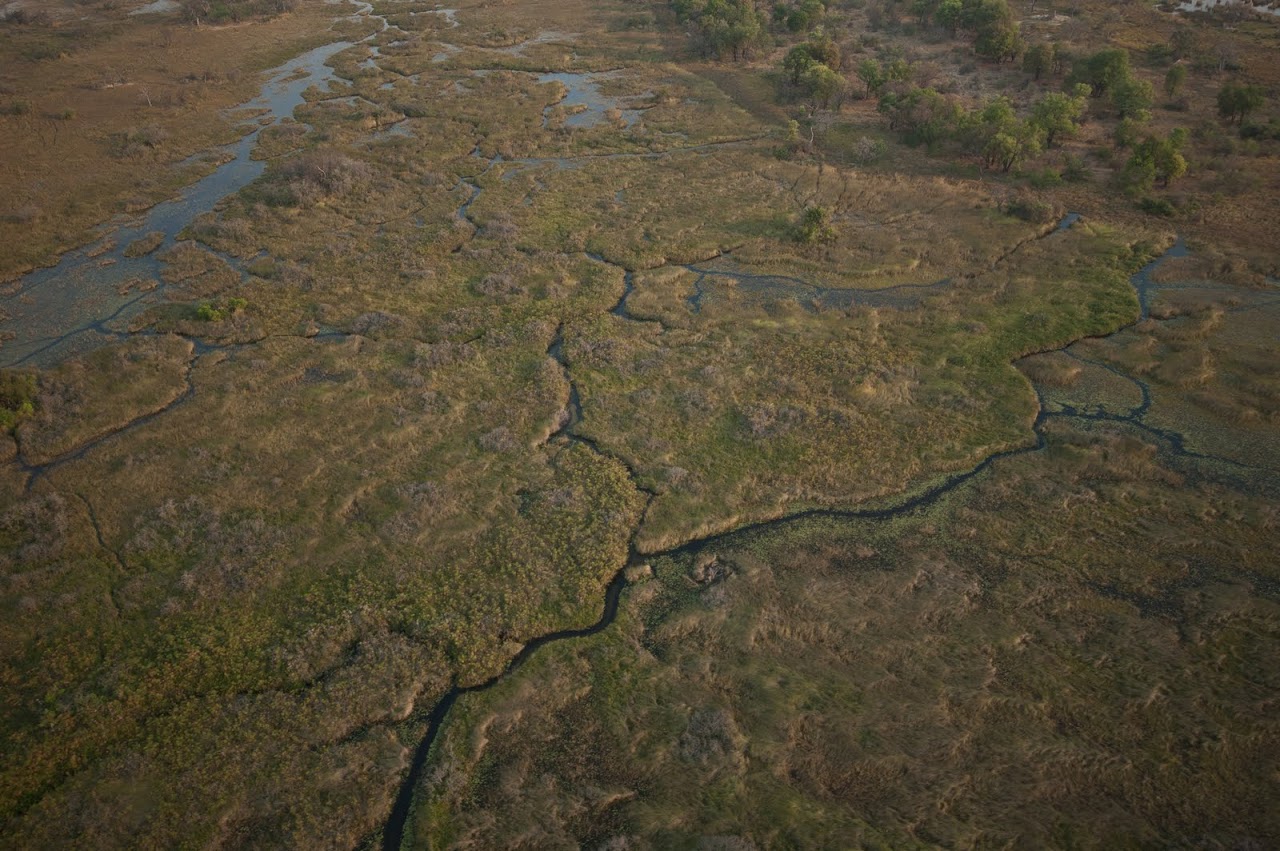
|
Okavango from the air
The people who live here, on the other hand, the mokoro polers, the fisherman, and the villagers, both survive in and subsist off of this environment. It is their home and their farm, the place where they work and play. They respect this place, avoiding the hippos and crocodiles that roam the water, and know the narrow alleyways through the Delta like we know the roads of our hometowns.
Flying over the Okavango
The wild does exist, not only in the Okavango Delta but in many places all throughout this planet. But, it is something to be respected and admired because nature has not yet been tamed and perhaps never will be (or should be, for that matter). I respect those who survive in the wildest parts of this earth because they take the time and effort to understand these places without ruining that environment or harming themselves, learning from the experiences of others who have faced the same challenges. They are the ones that we should be writing books and making movies about, not those who treat the wild as a larger-than-life dare.
* Our trip was sponsored in part by Africa-in-Focus but they did not ask us to write this post or any part of this post. As always, our opinions (both good and bad) are our own. If you are interested in our perceptions of the expedition in general, check out our Overlanding 101 post where we provide a detailed review of the trip.




